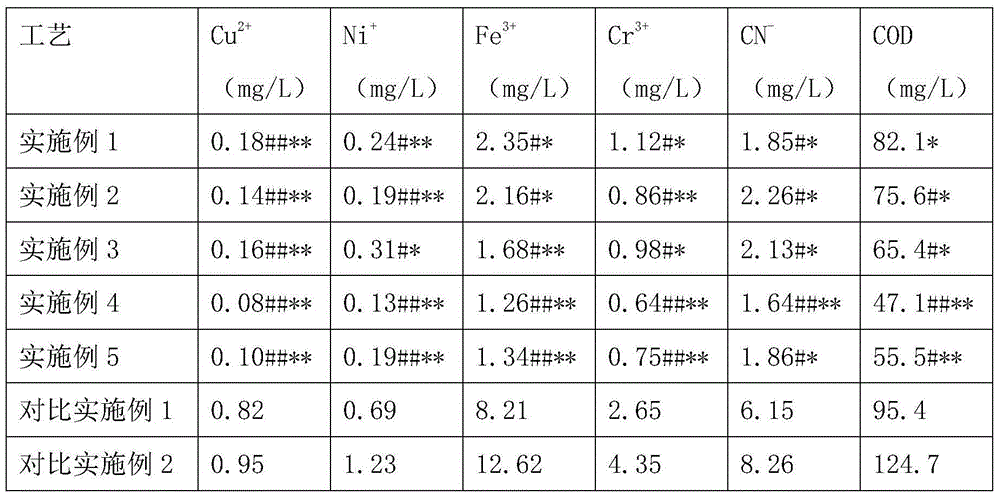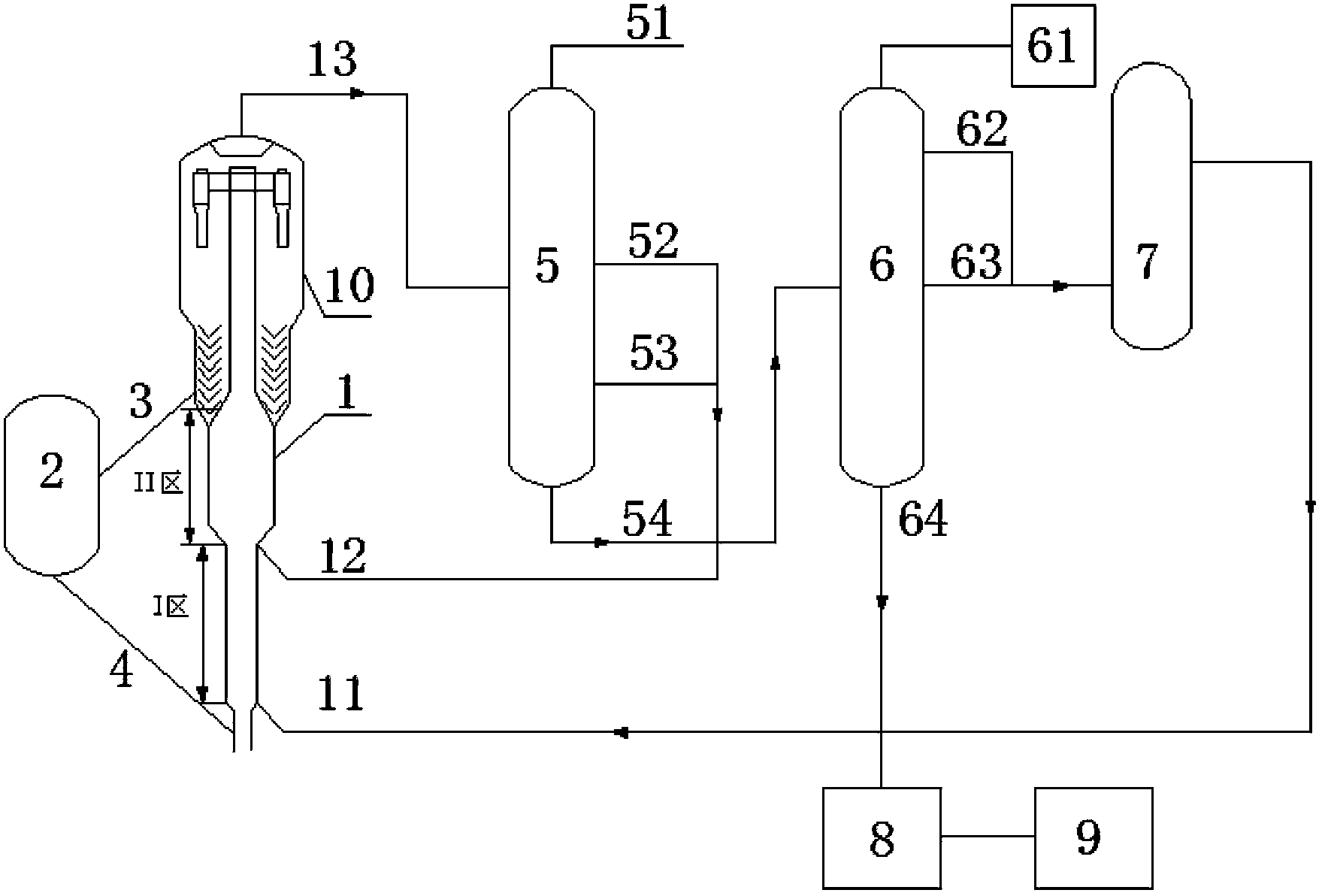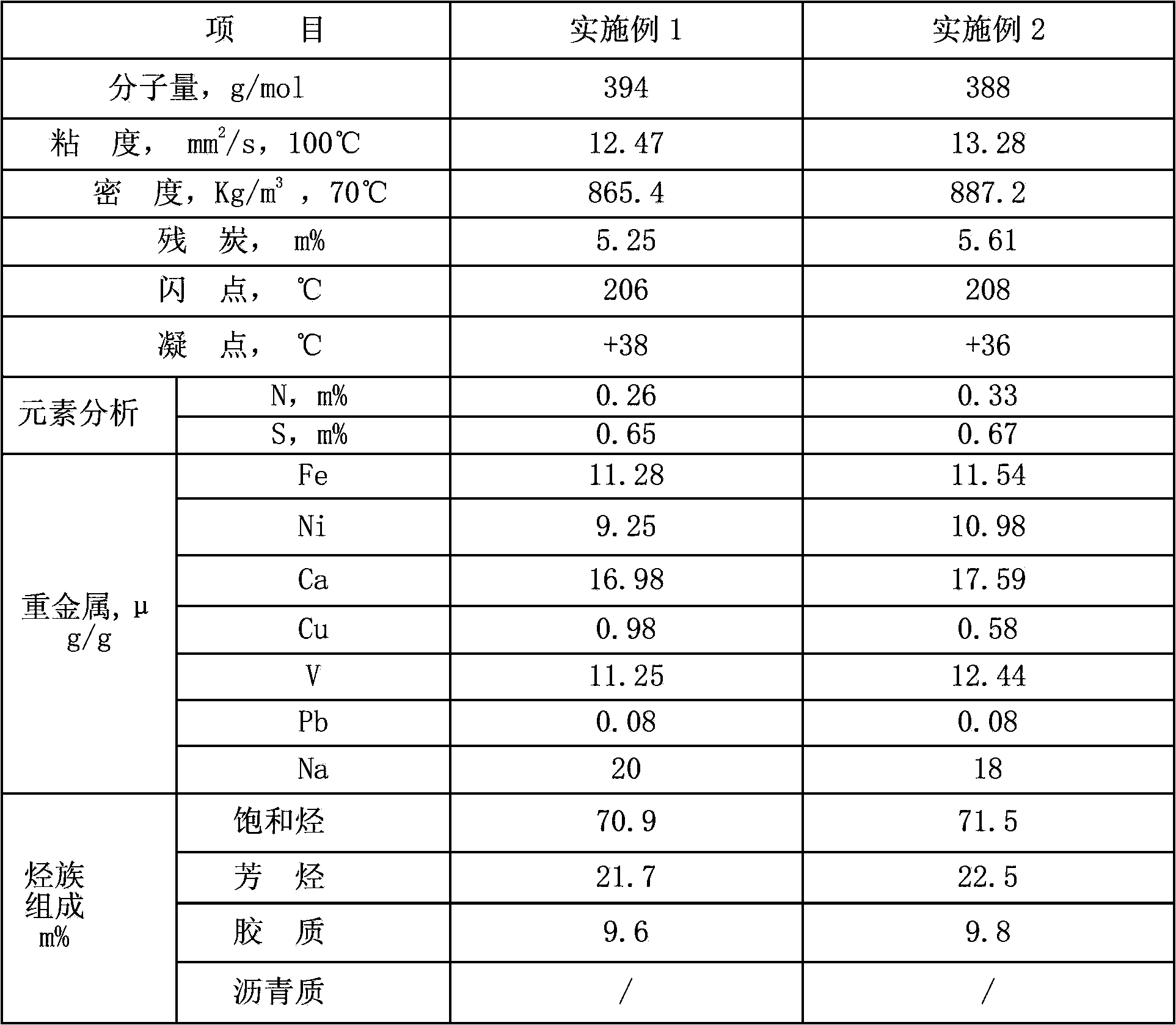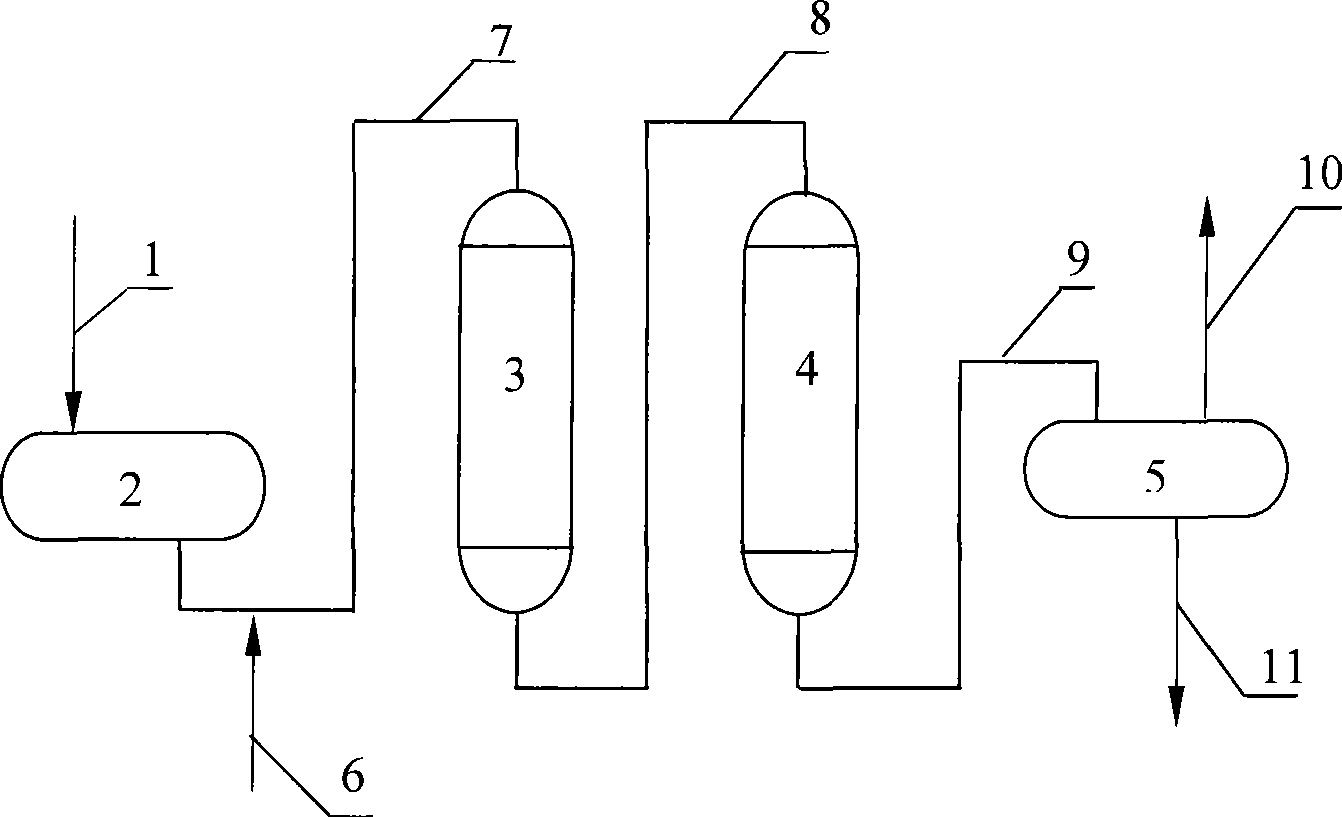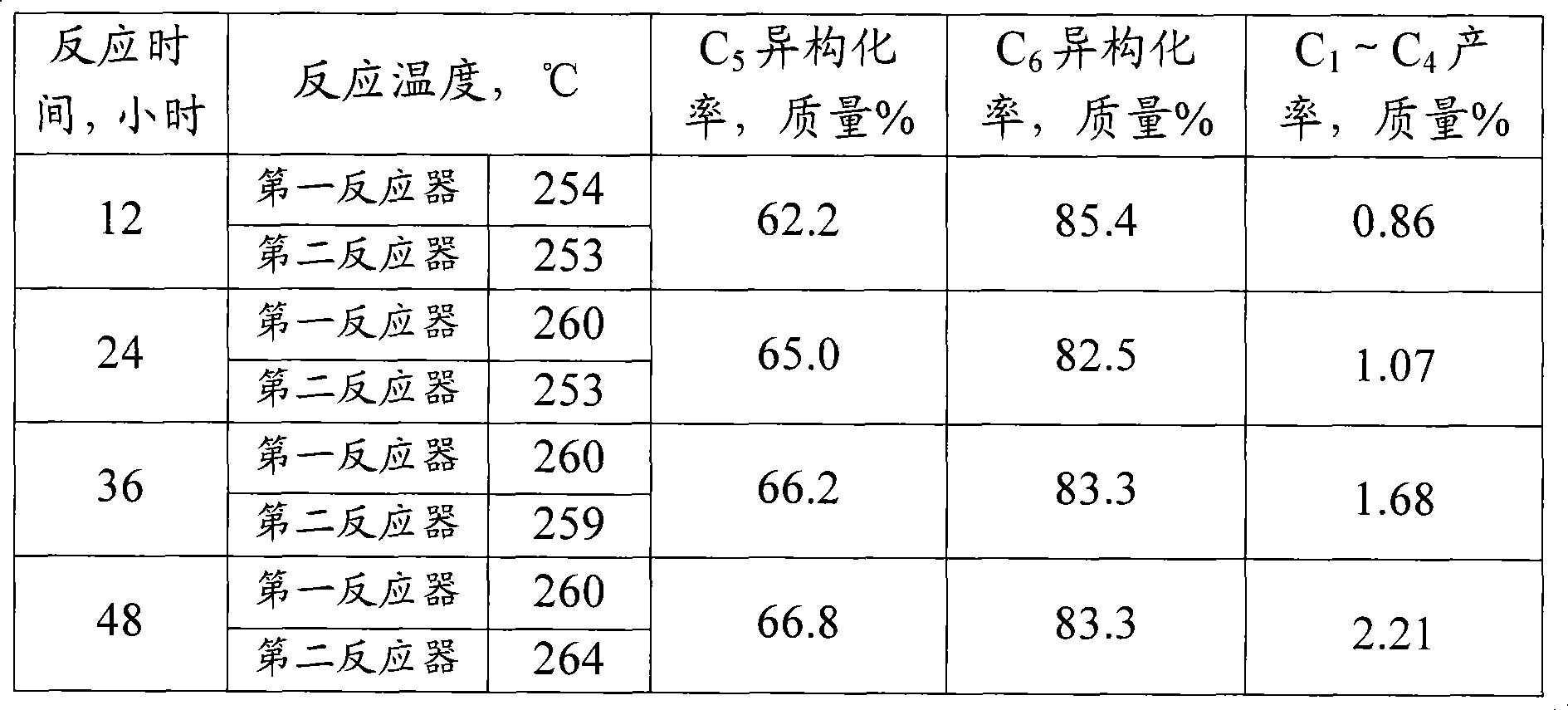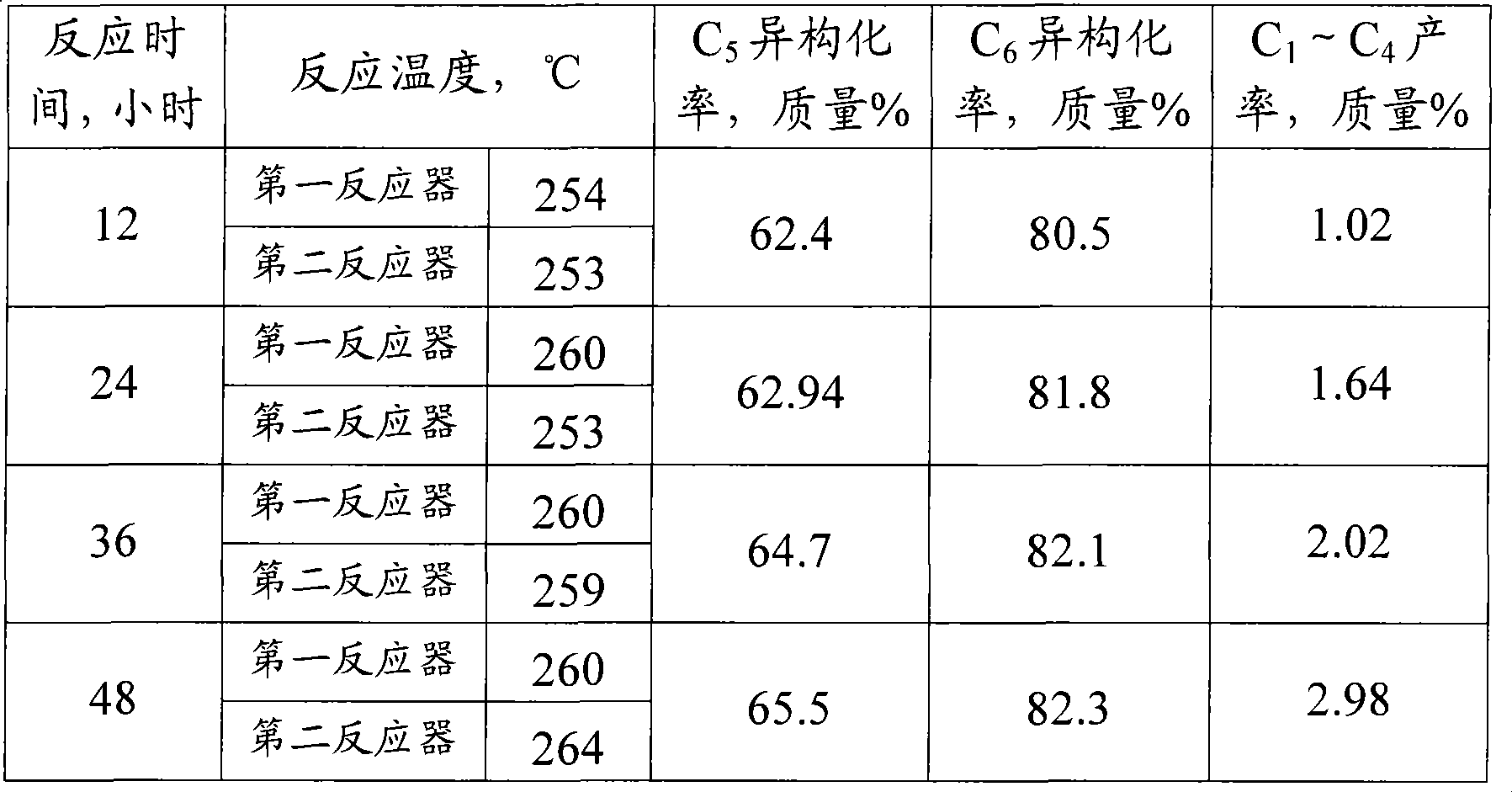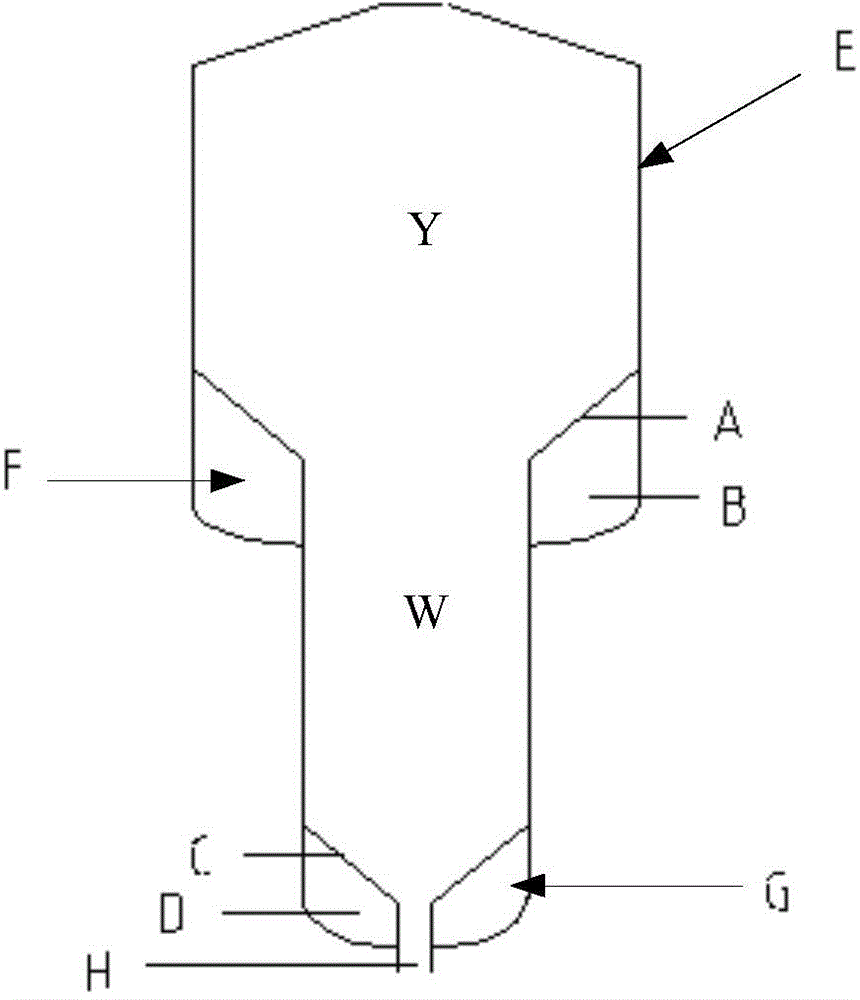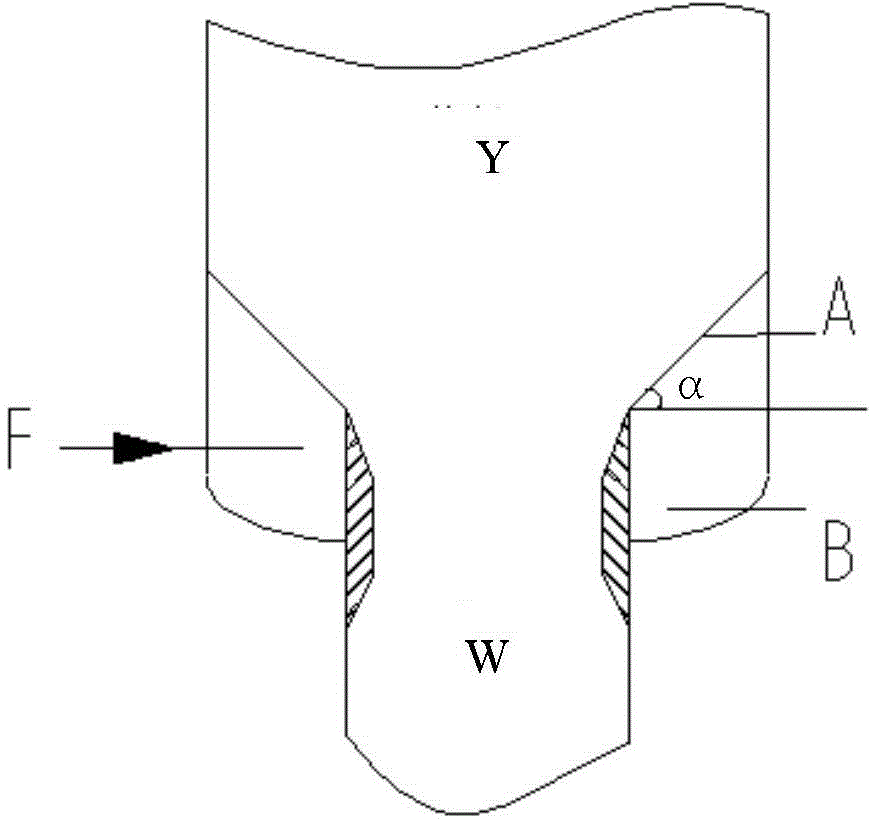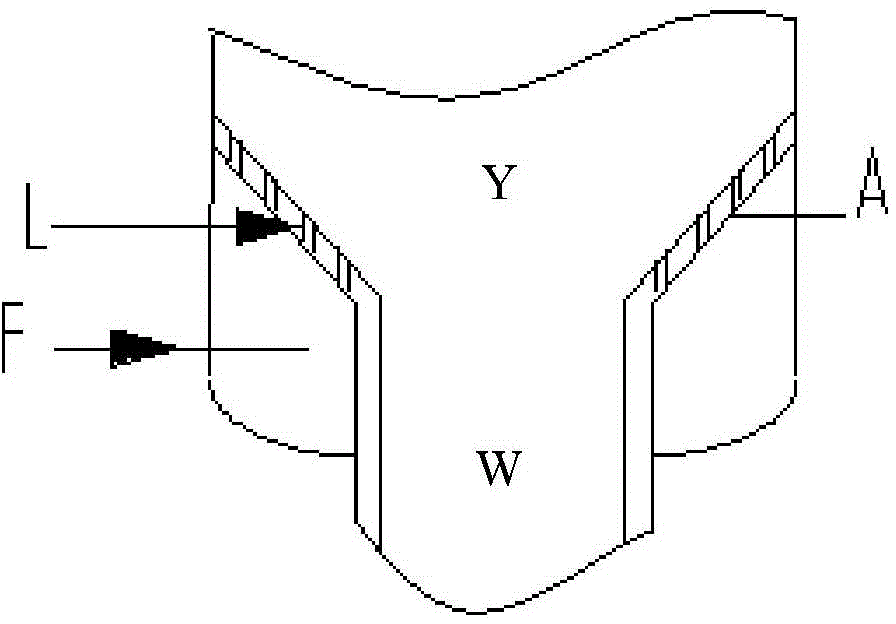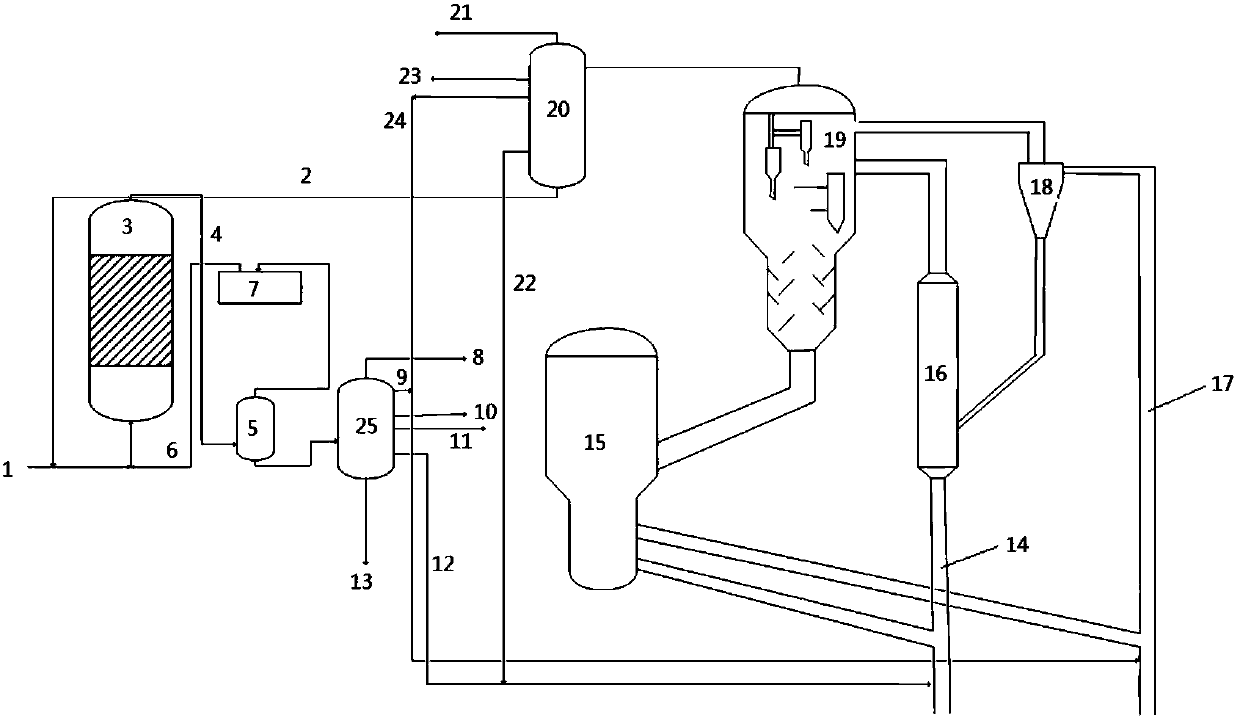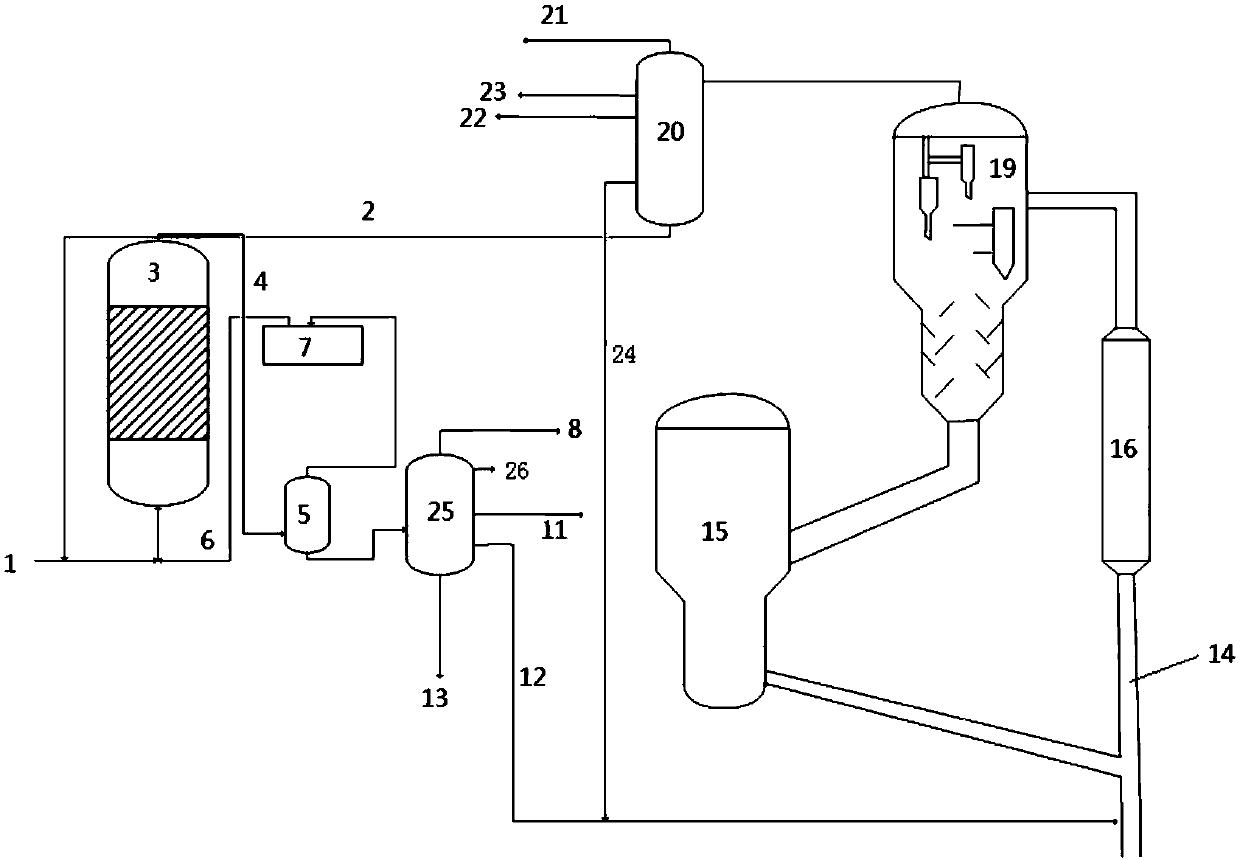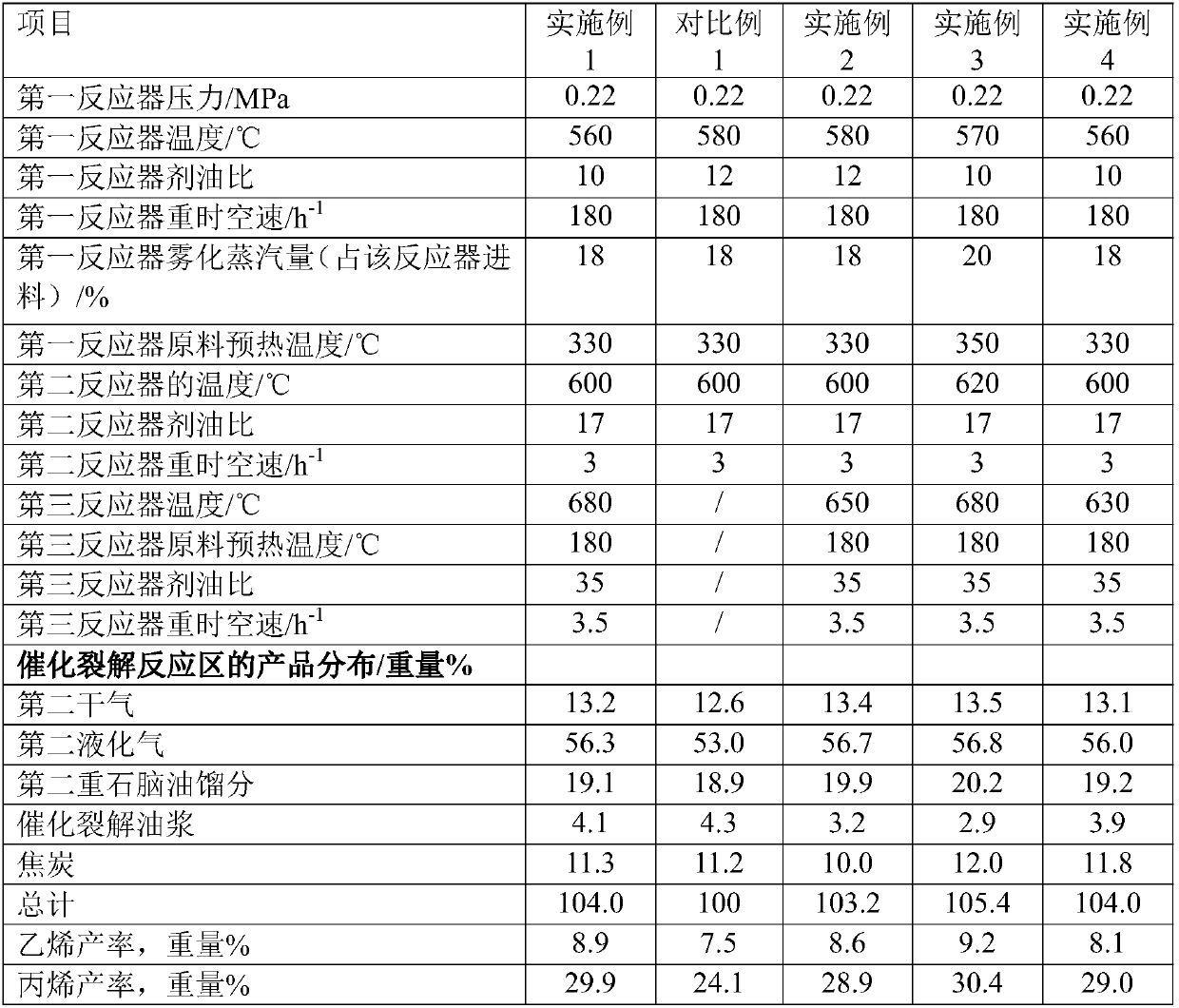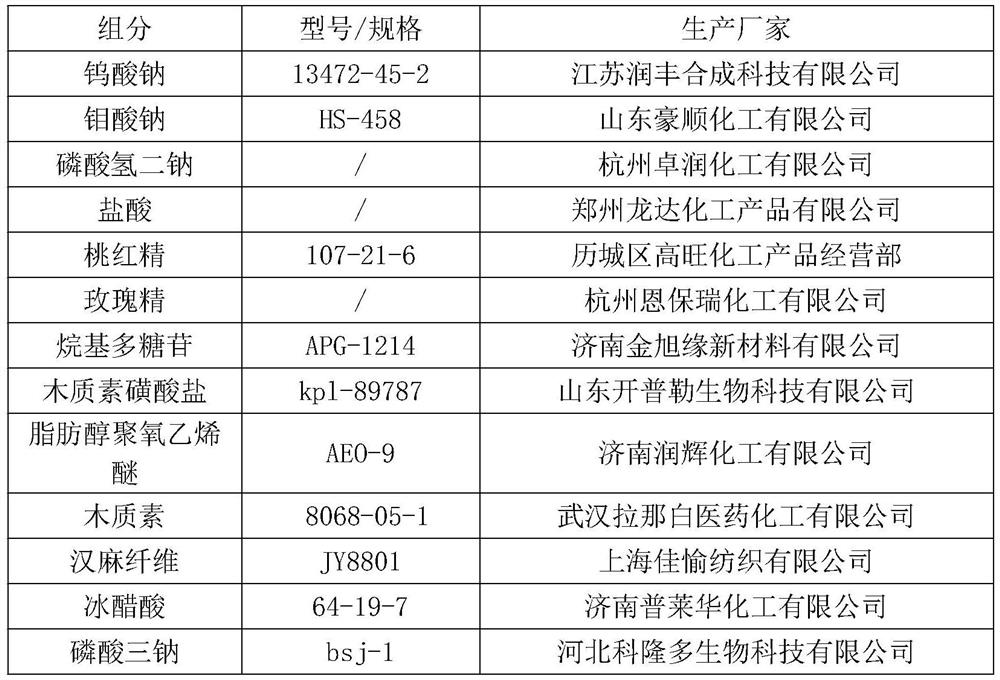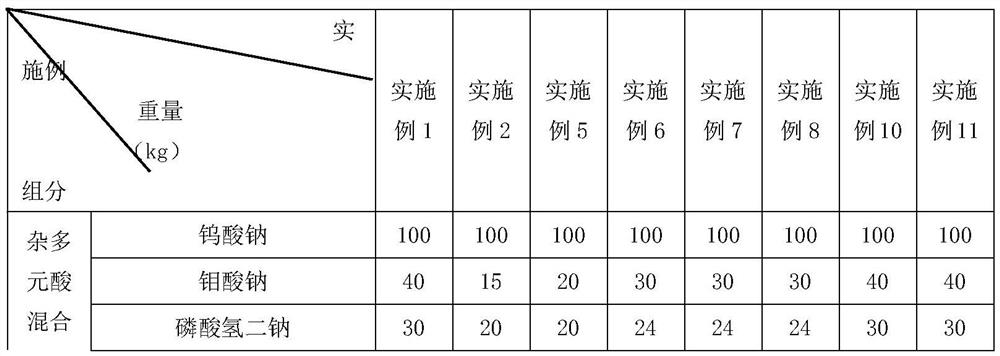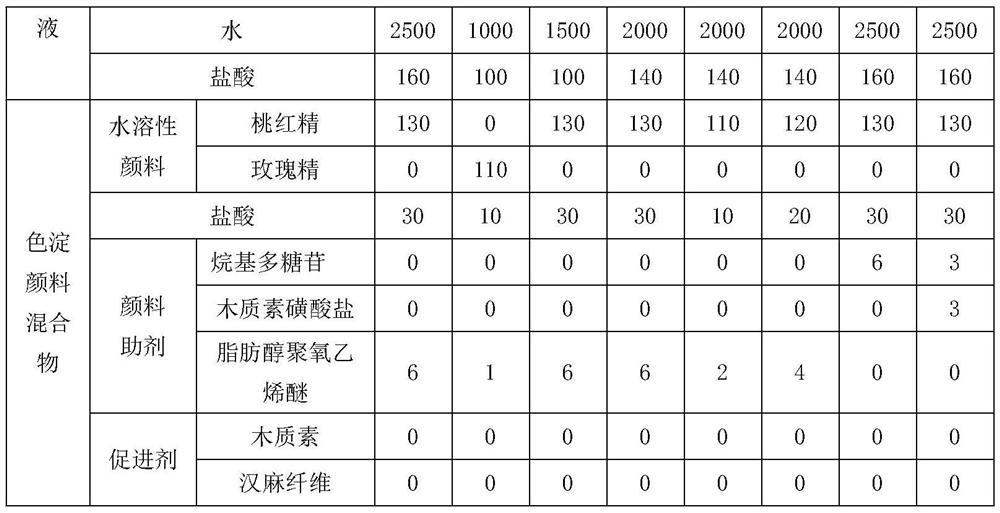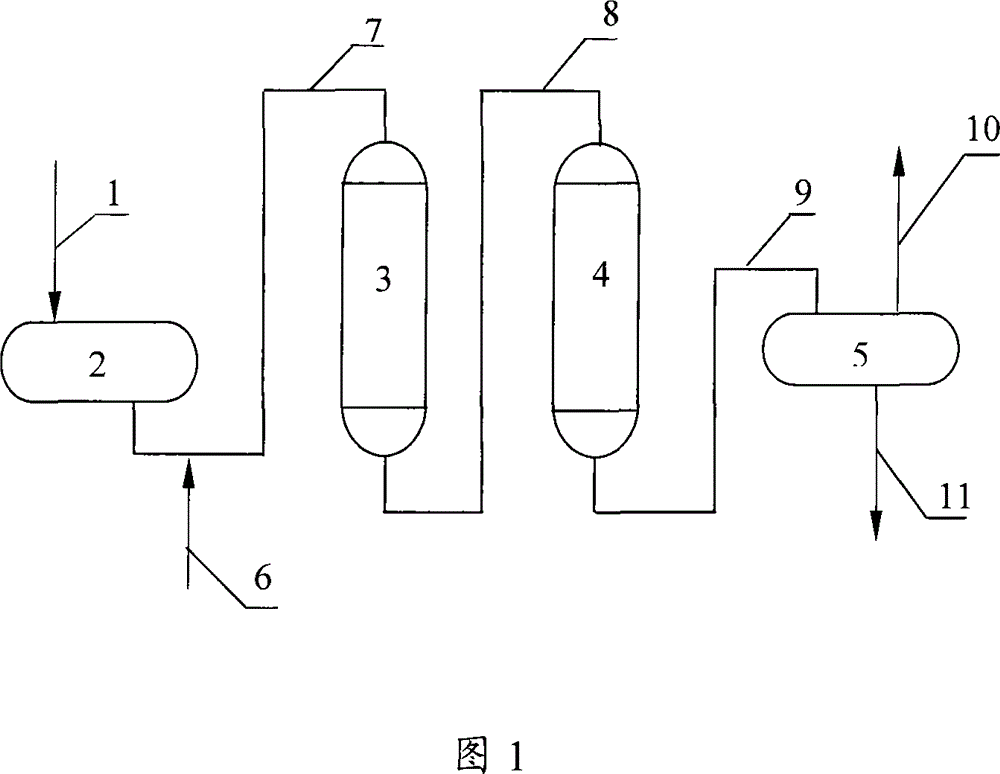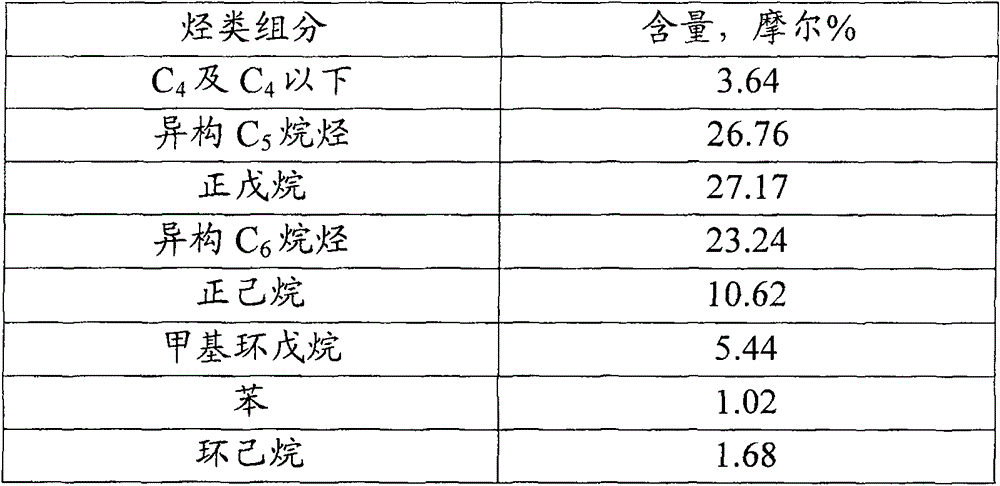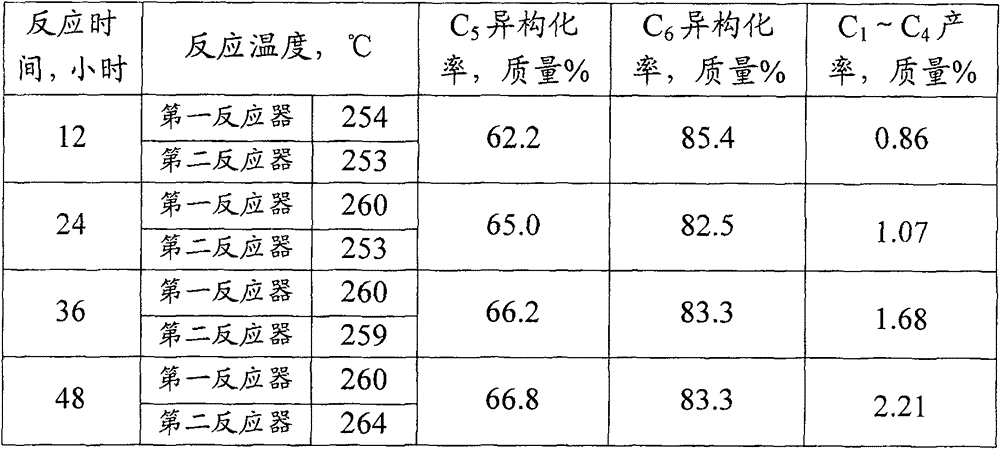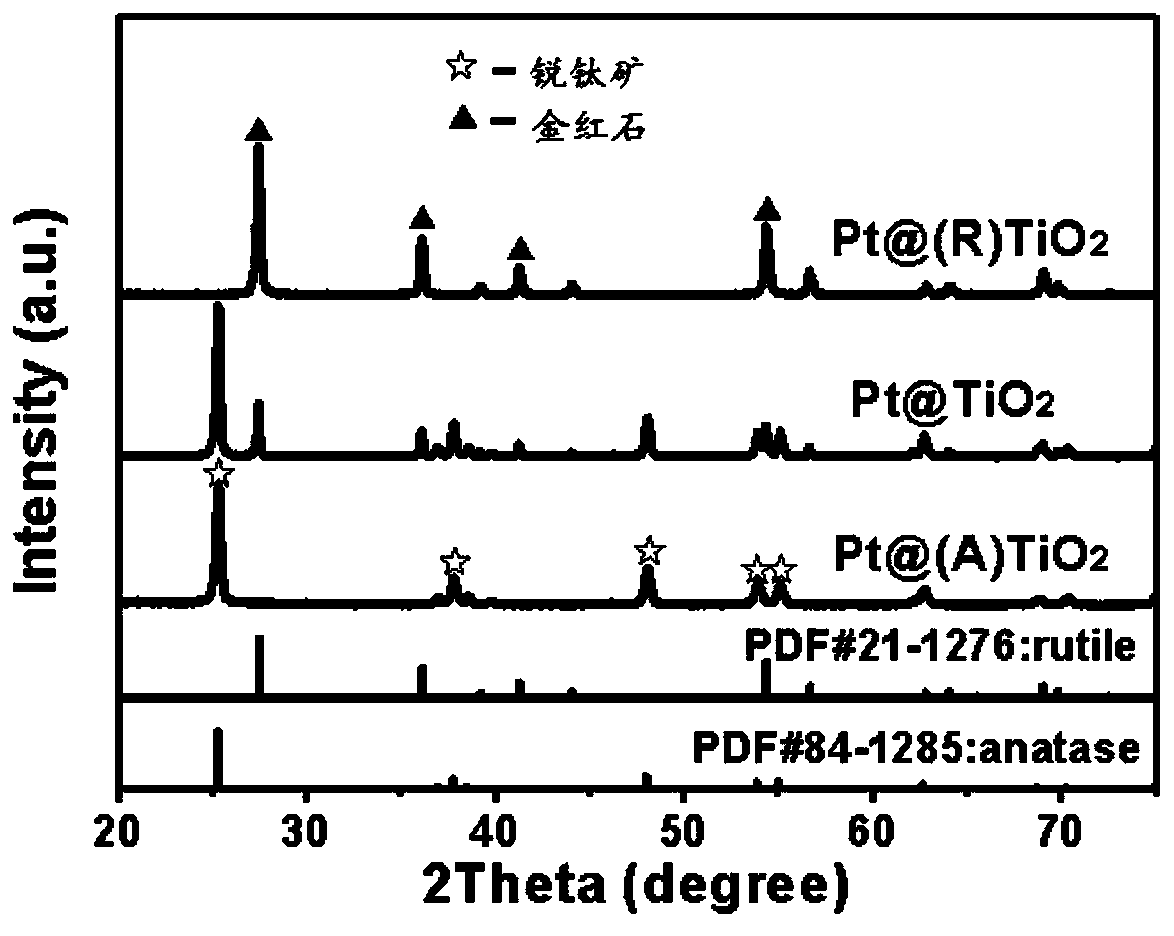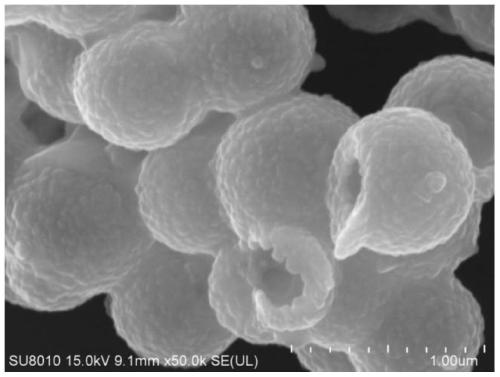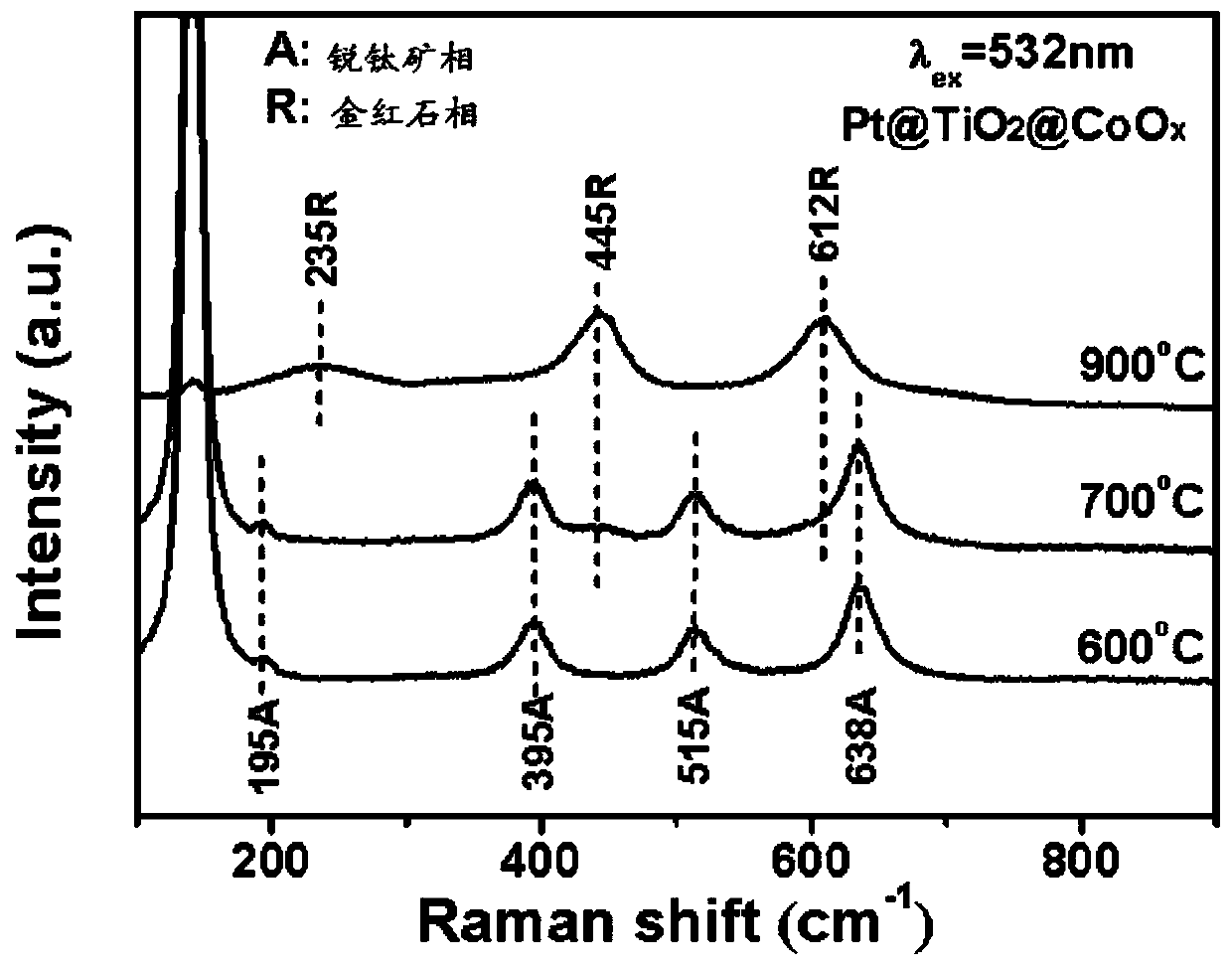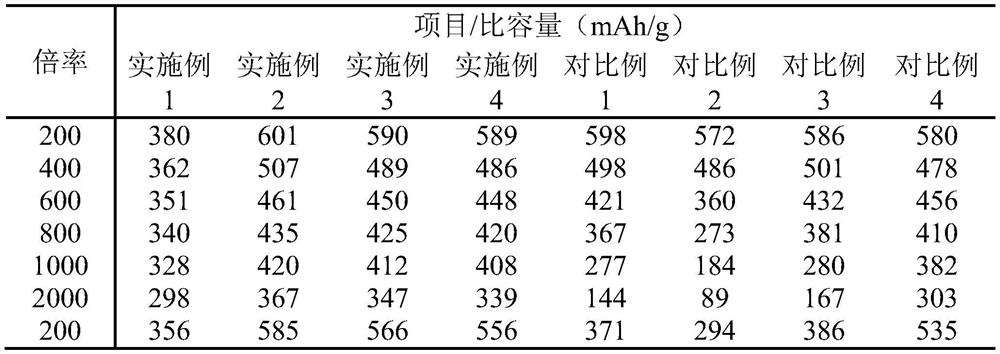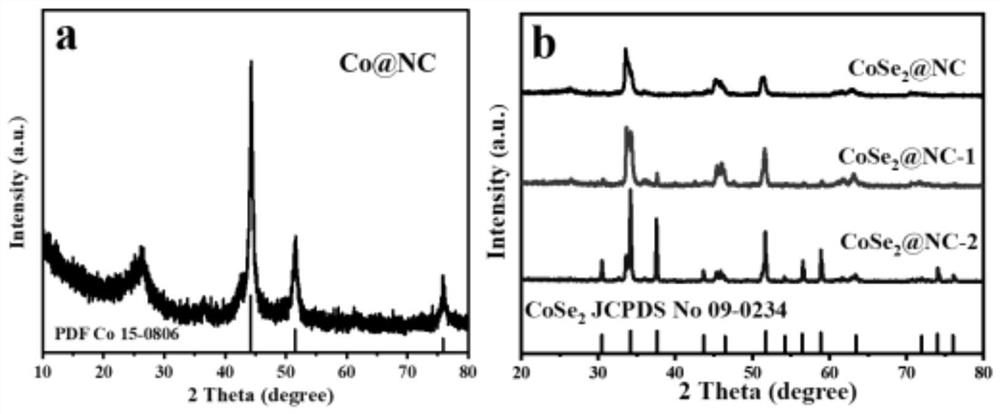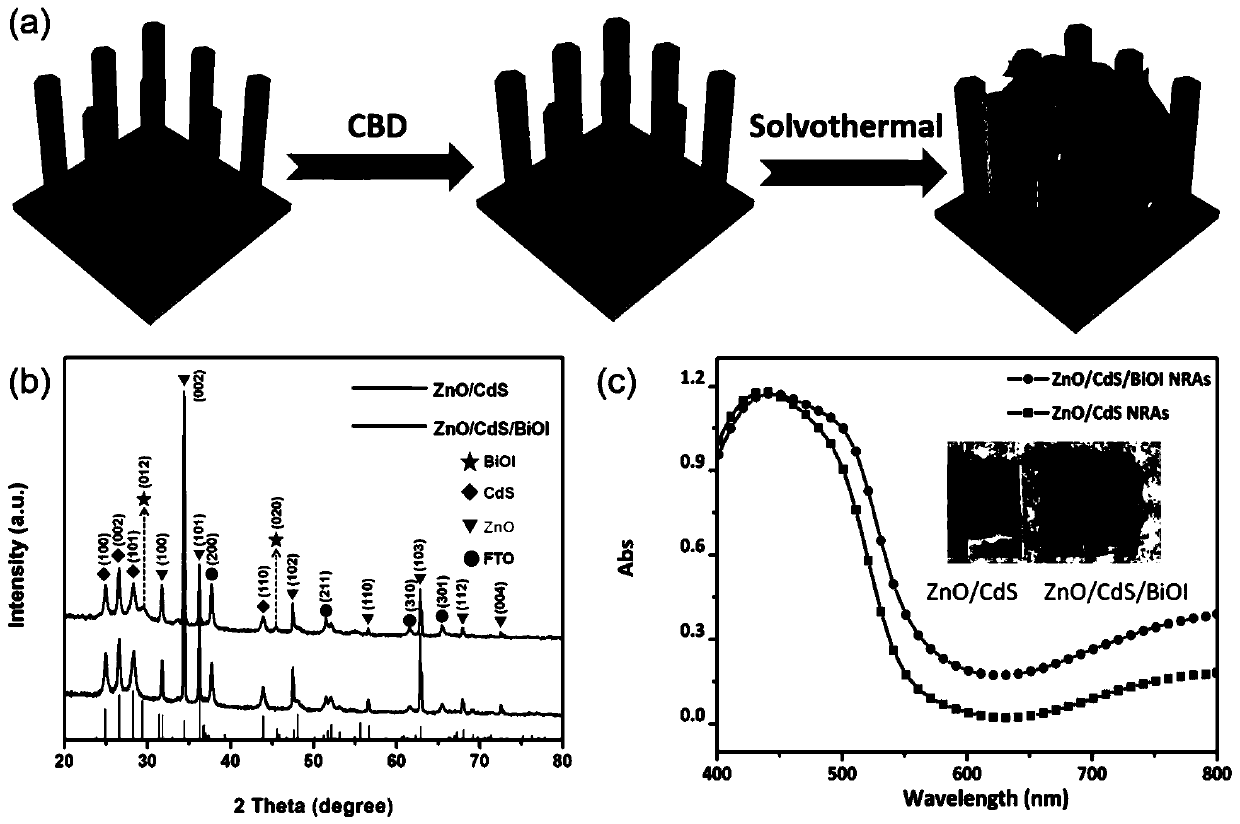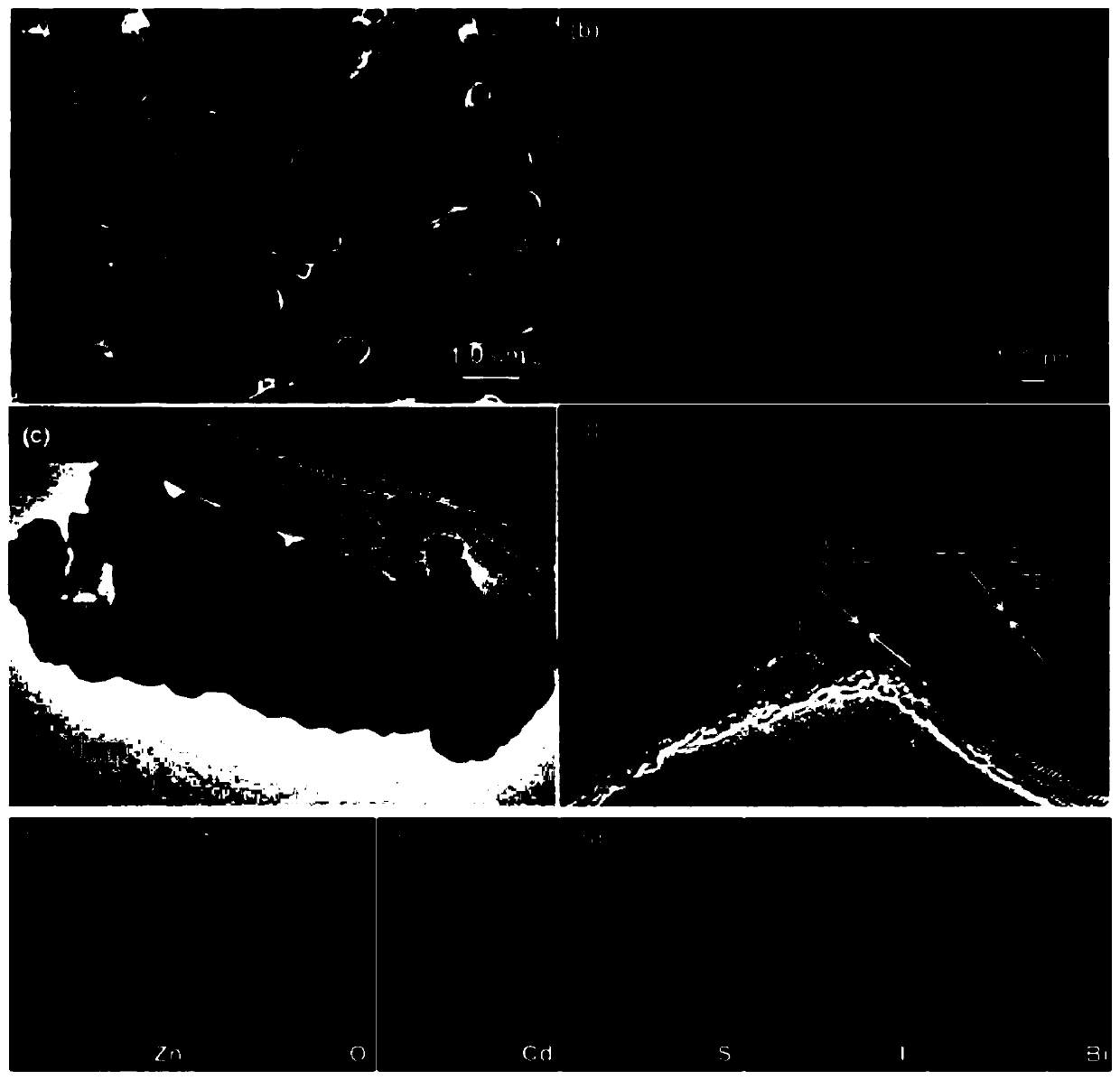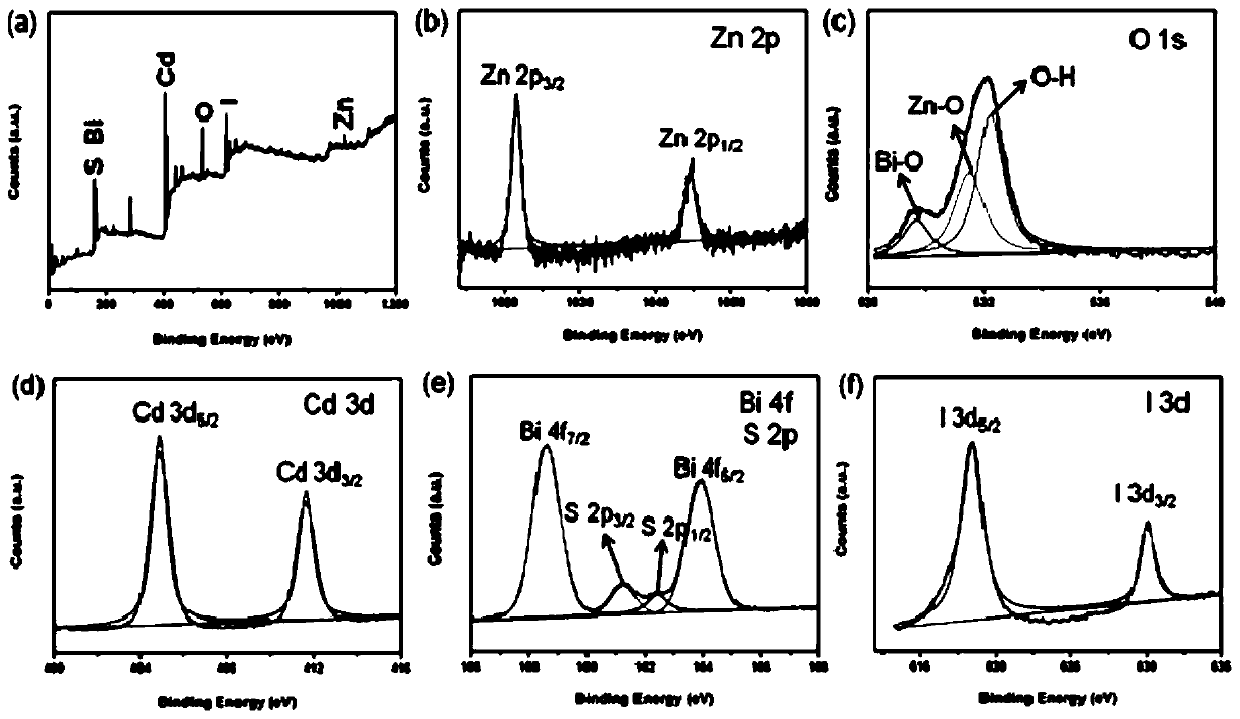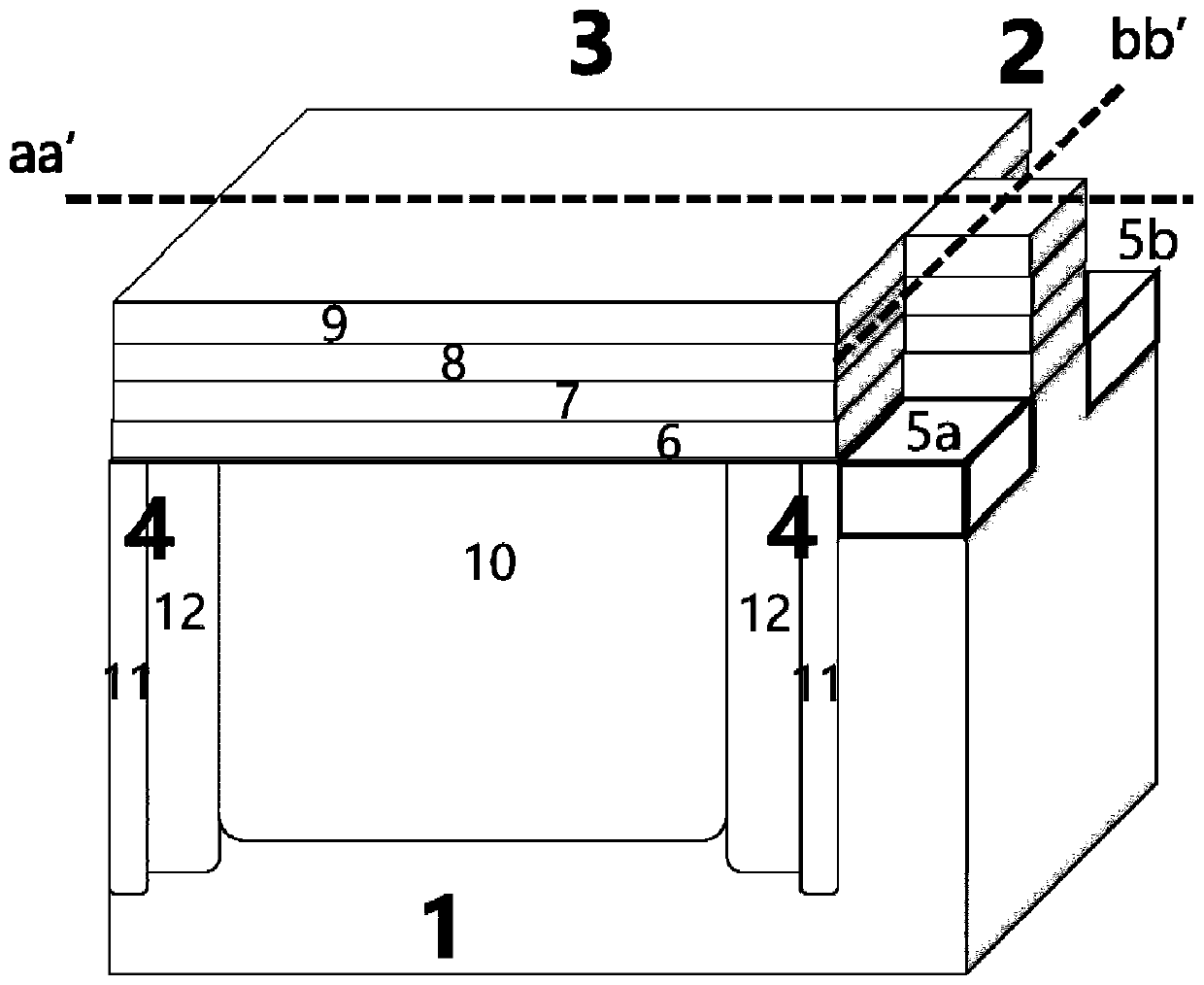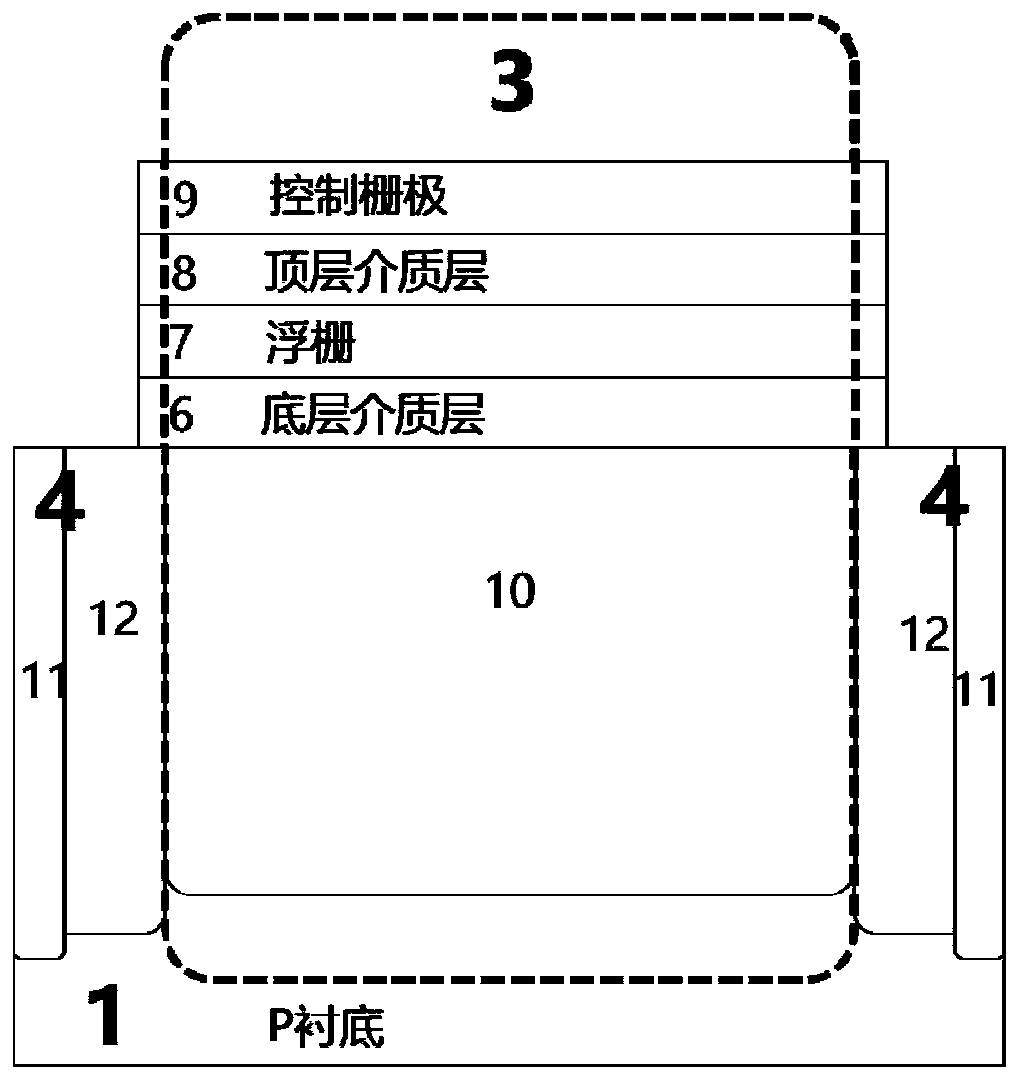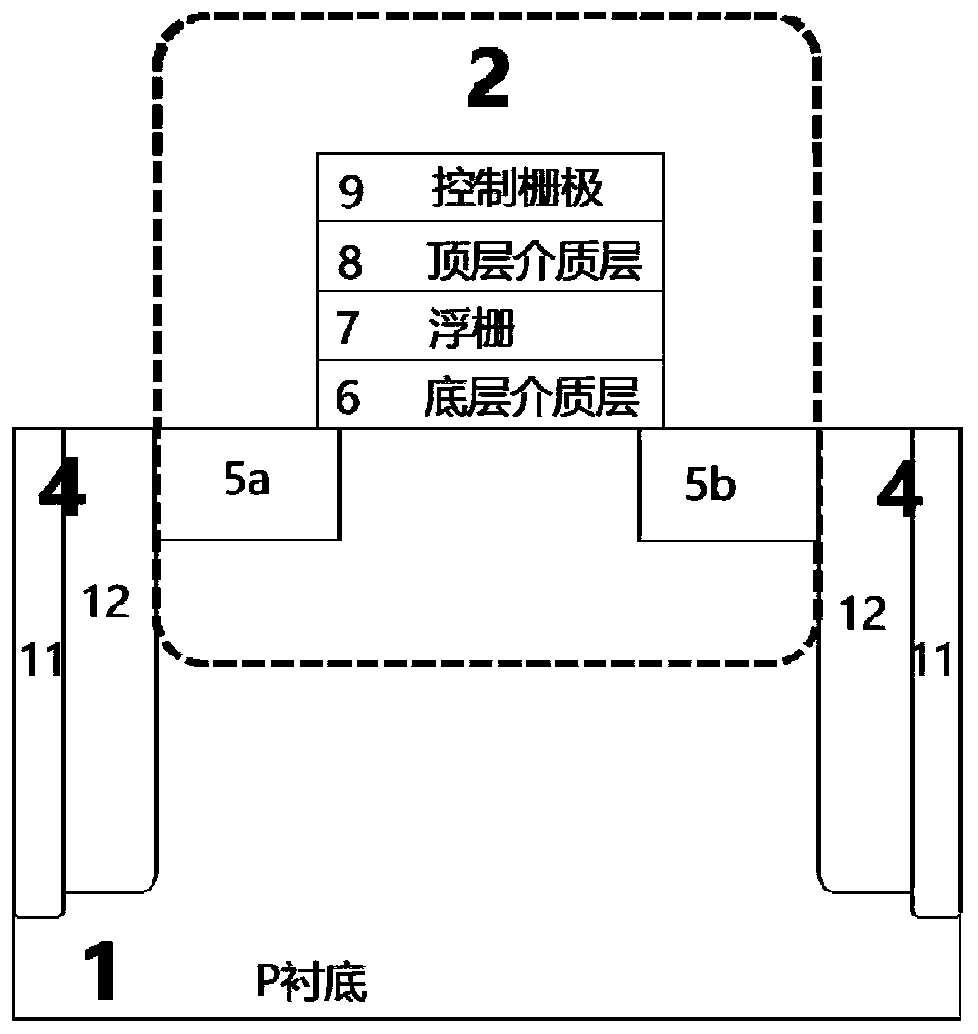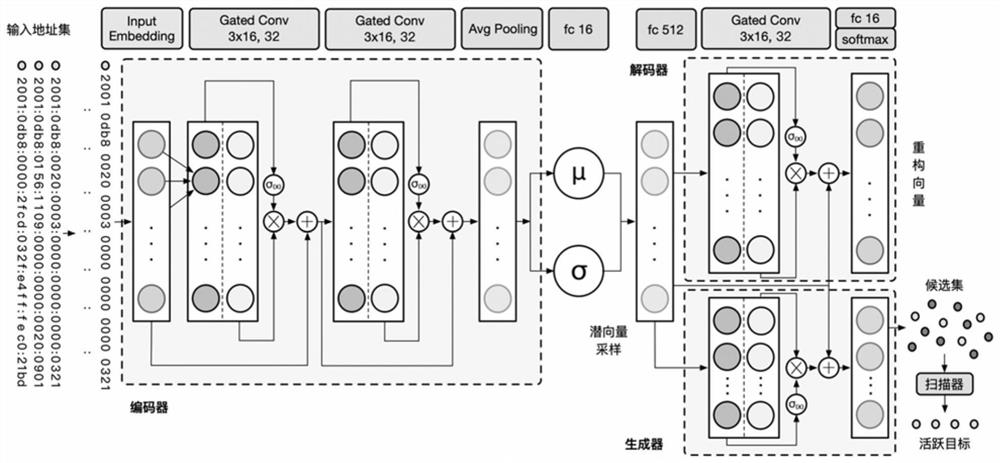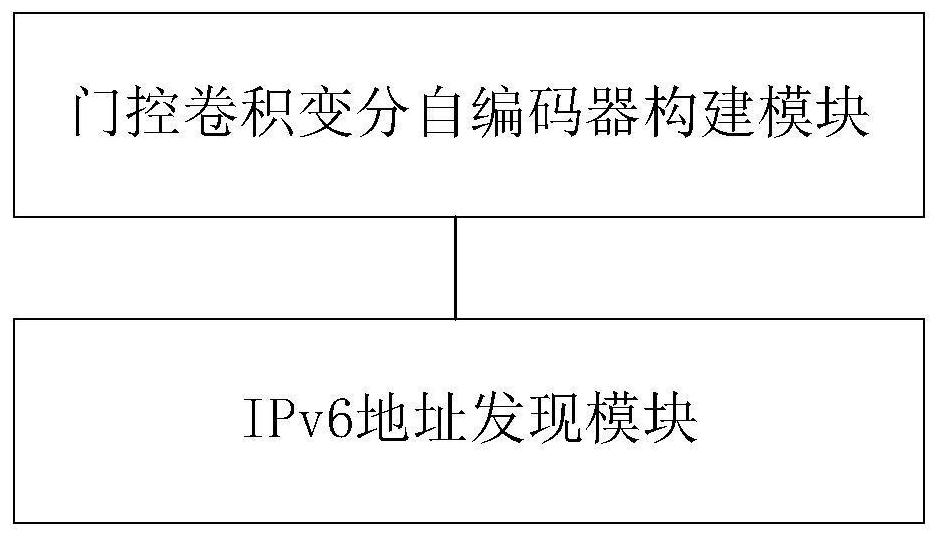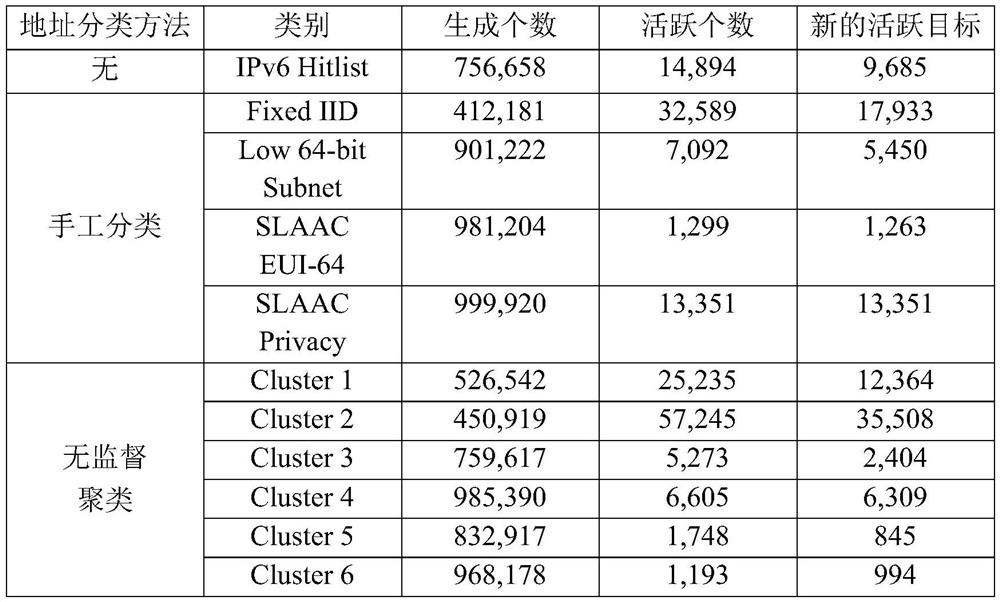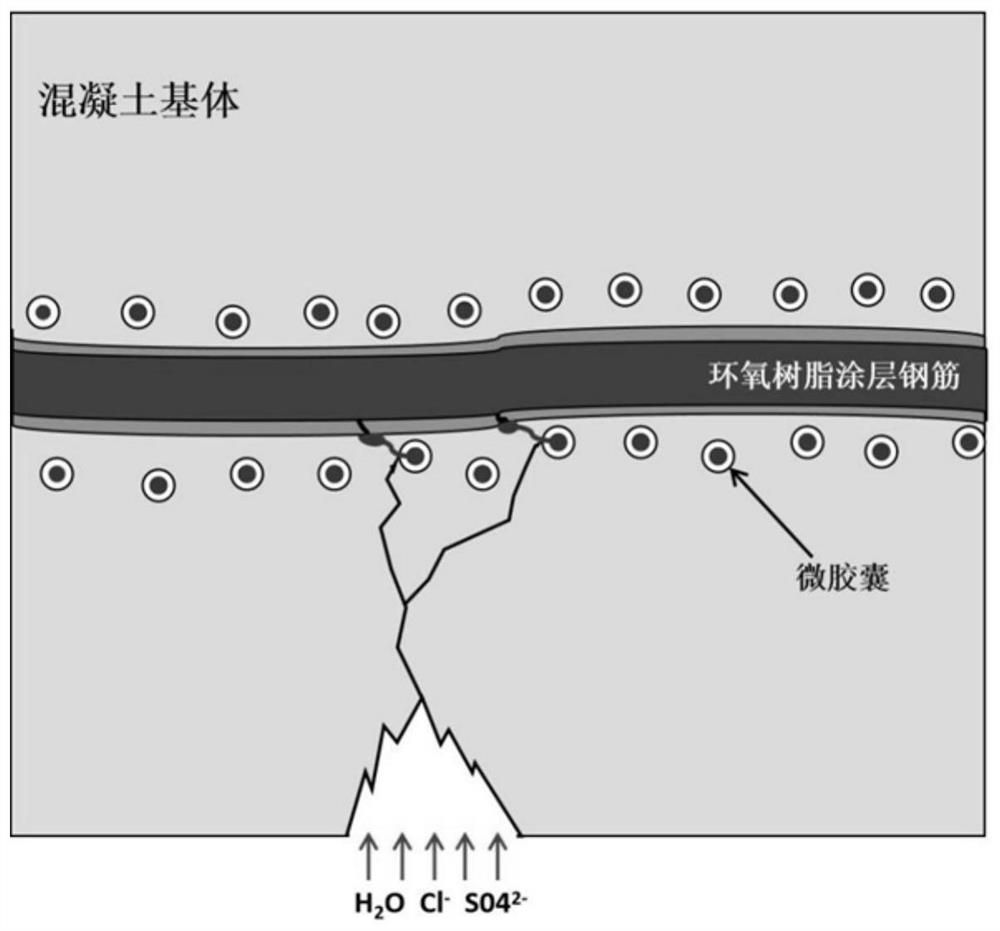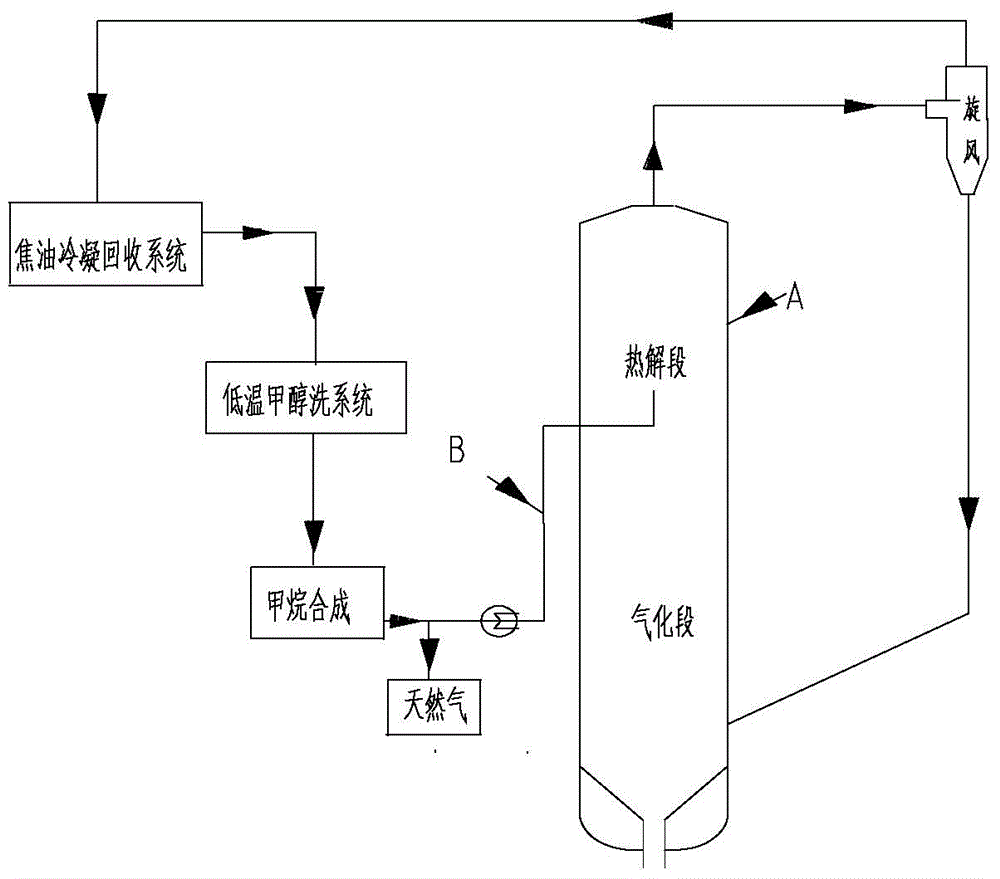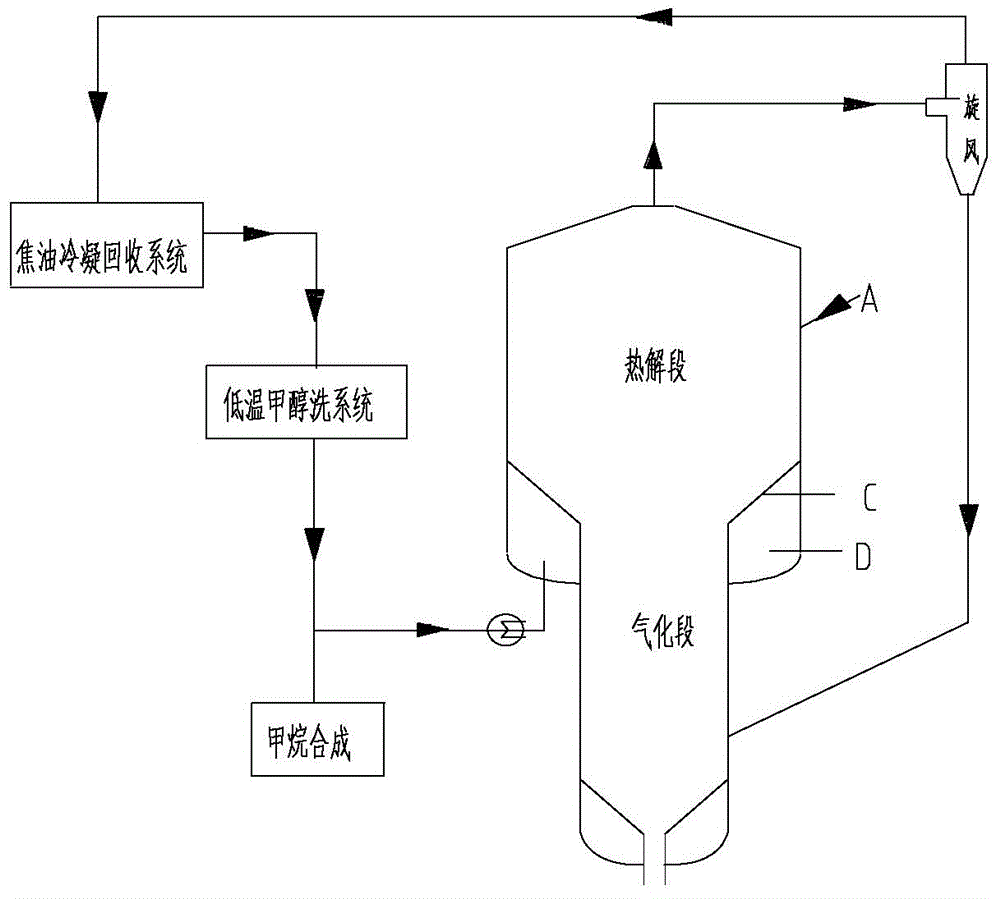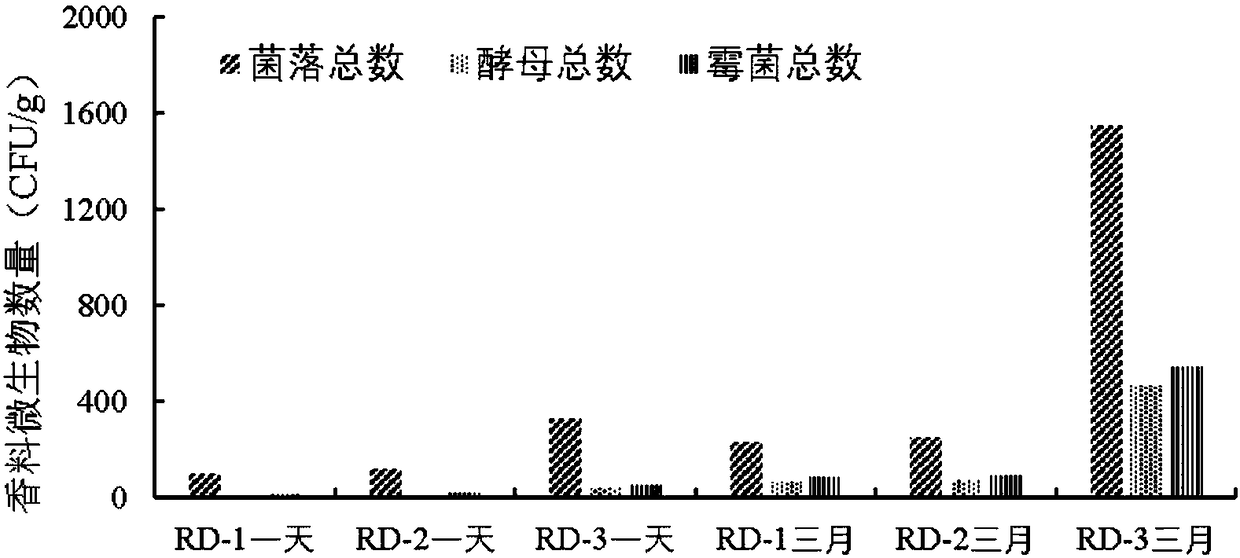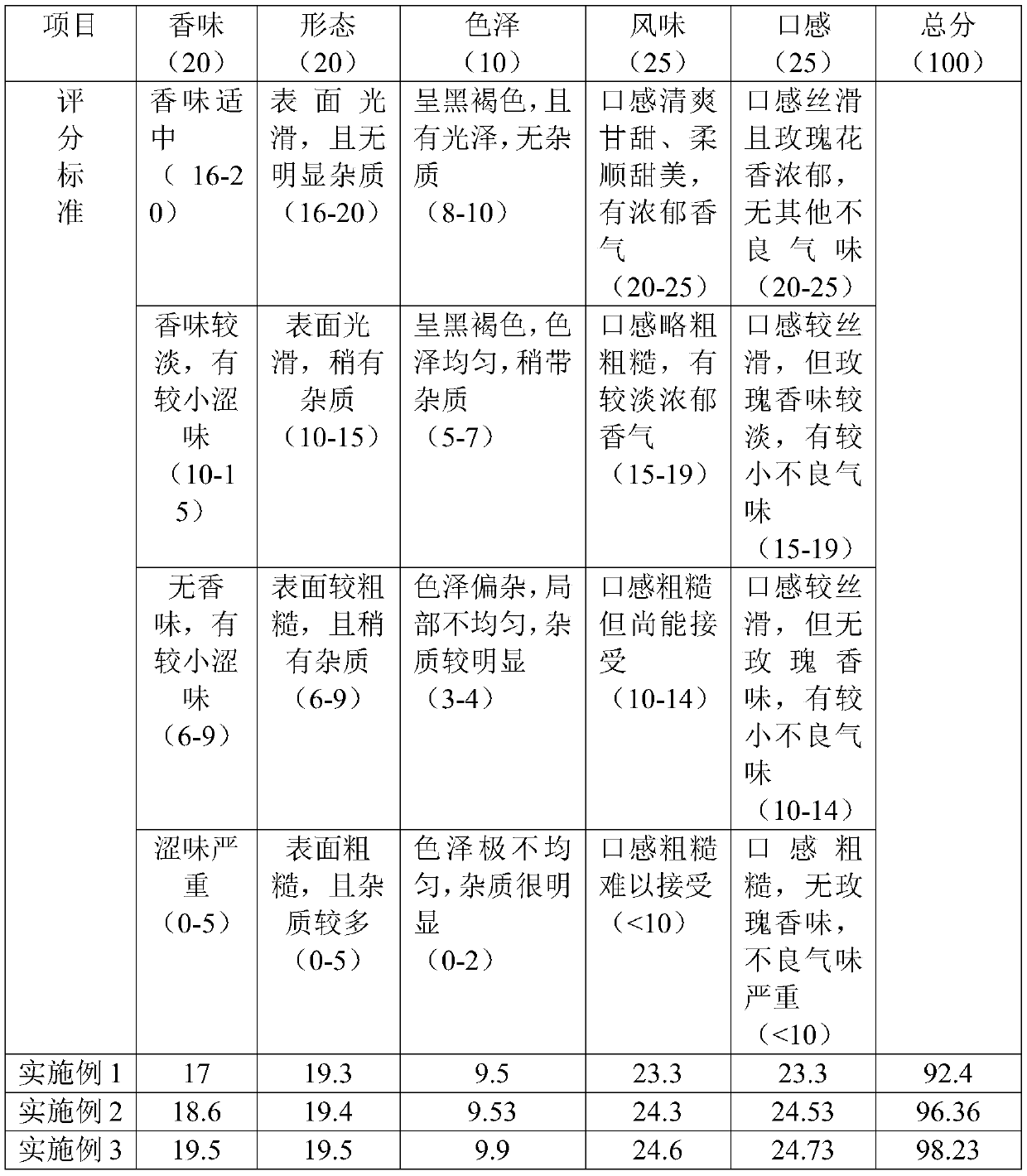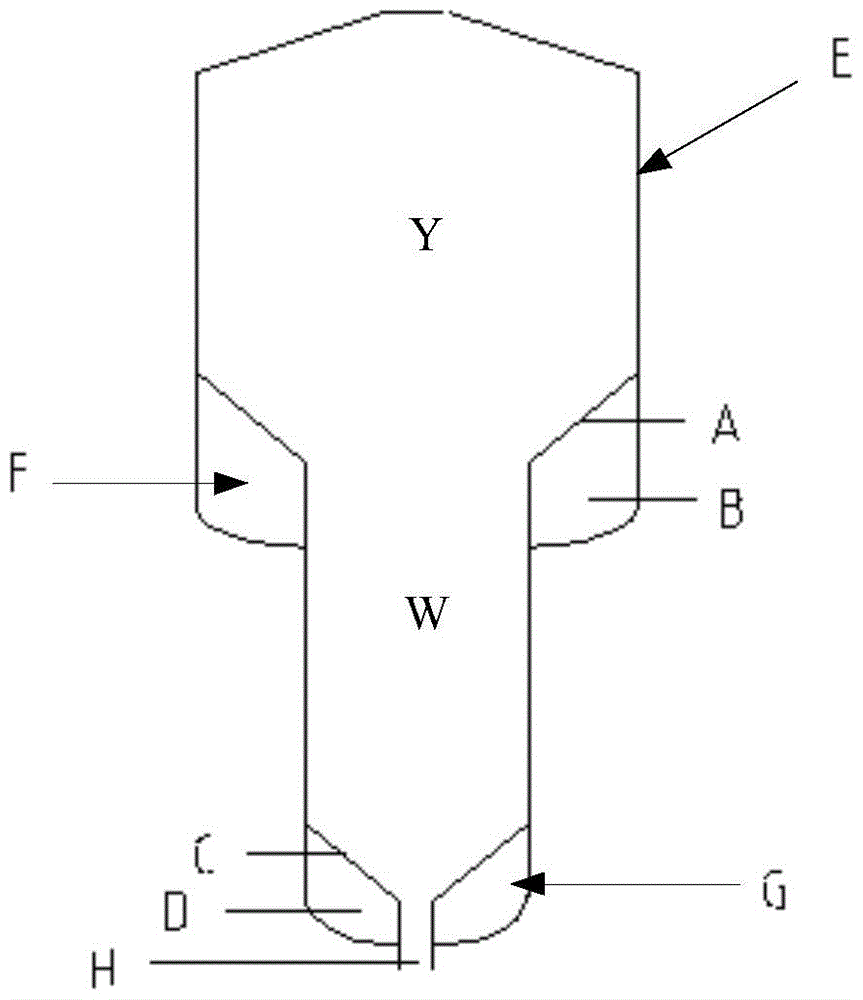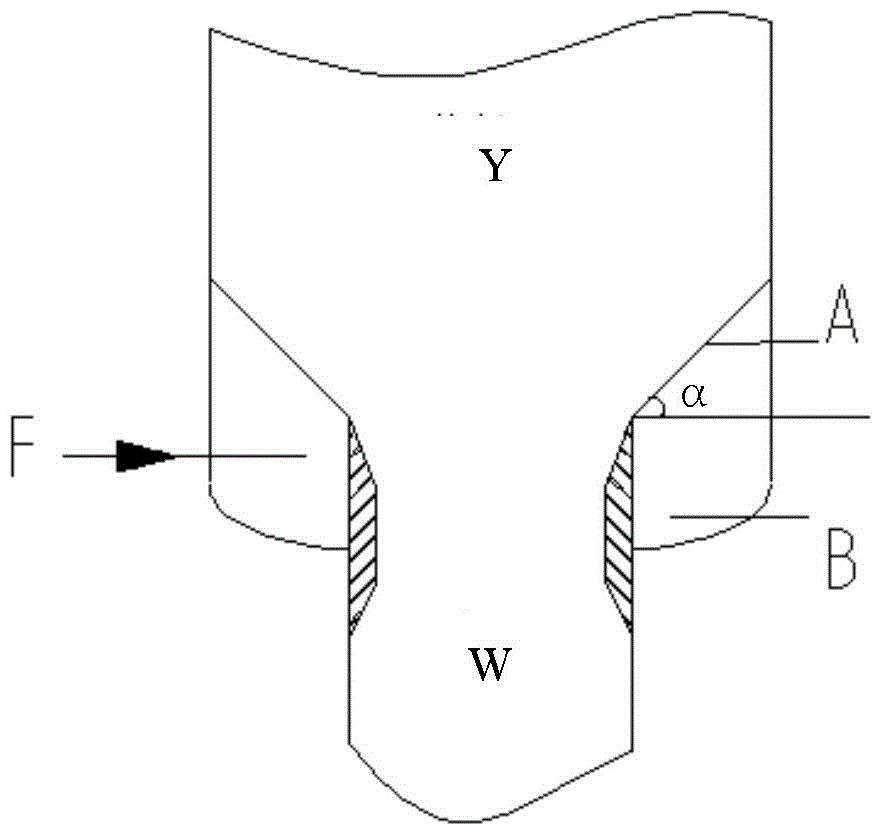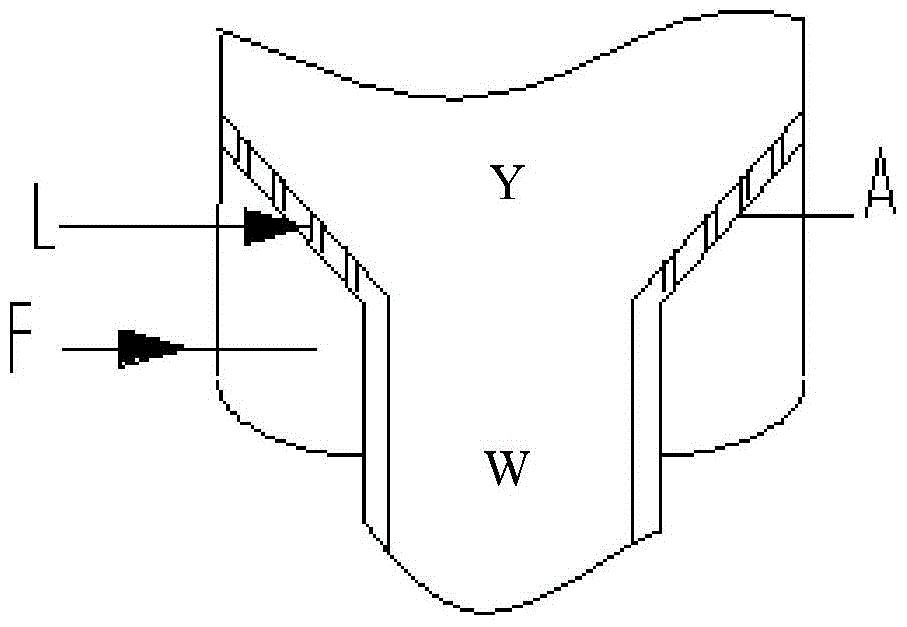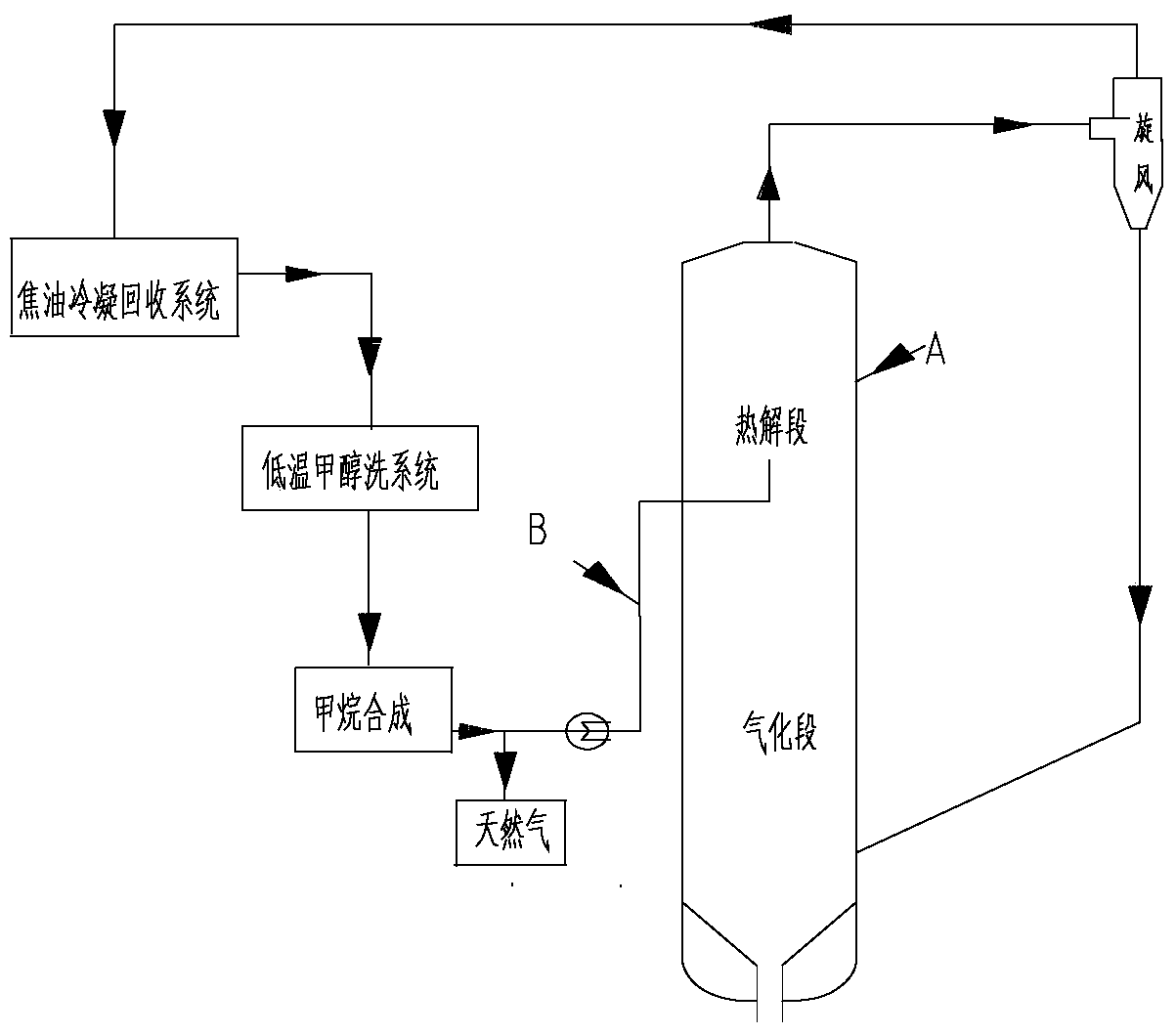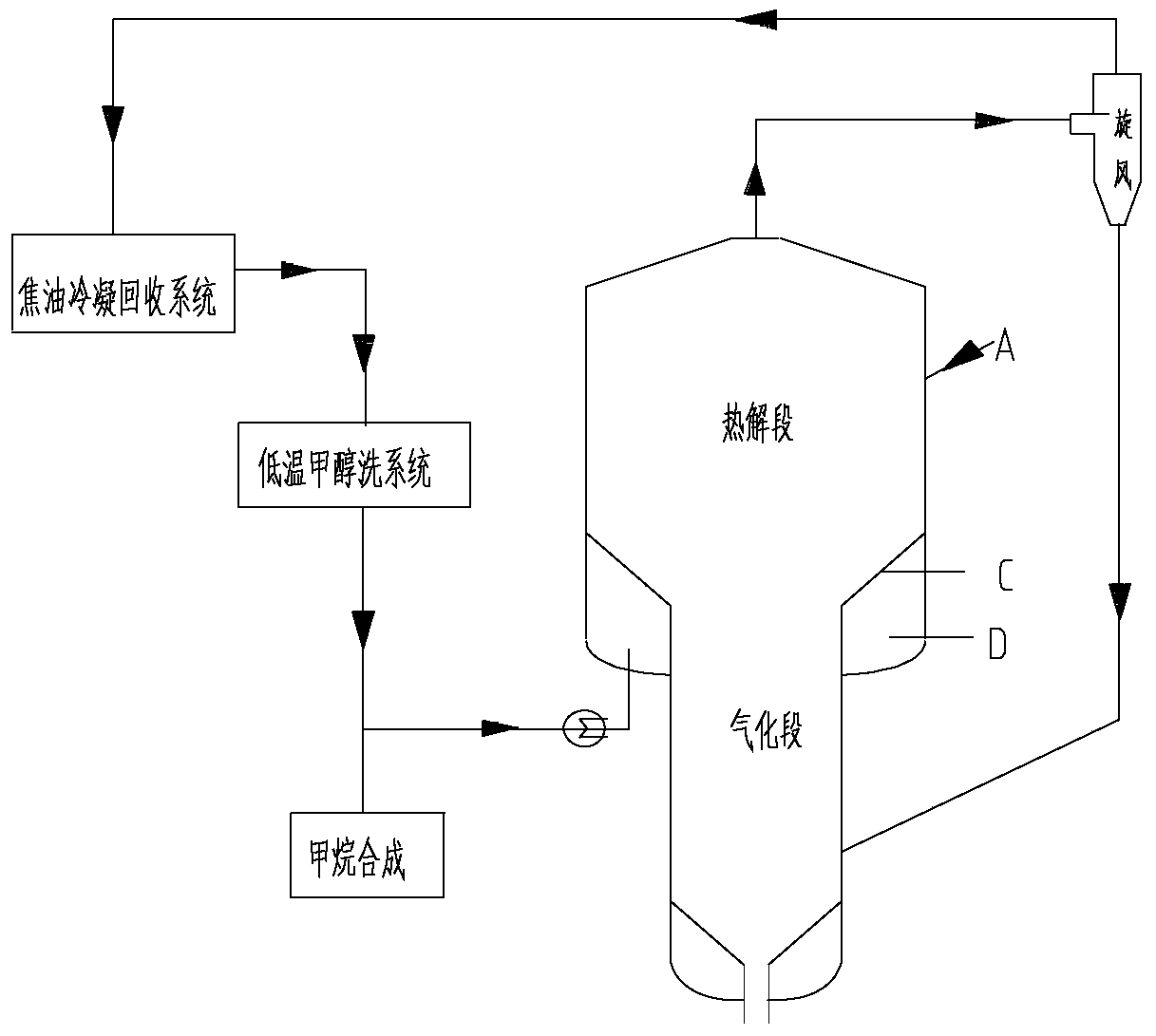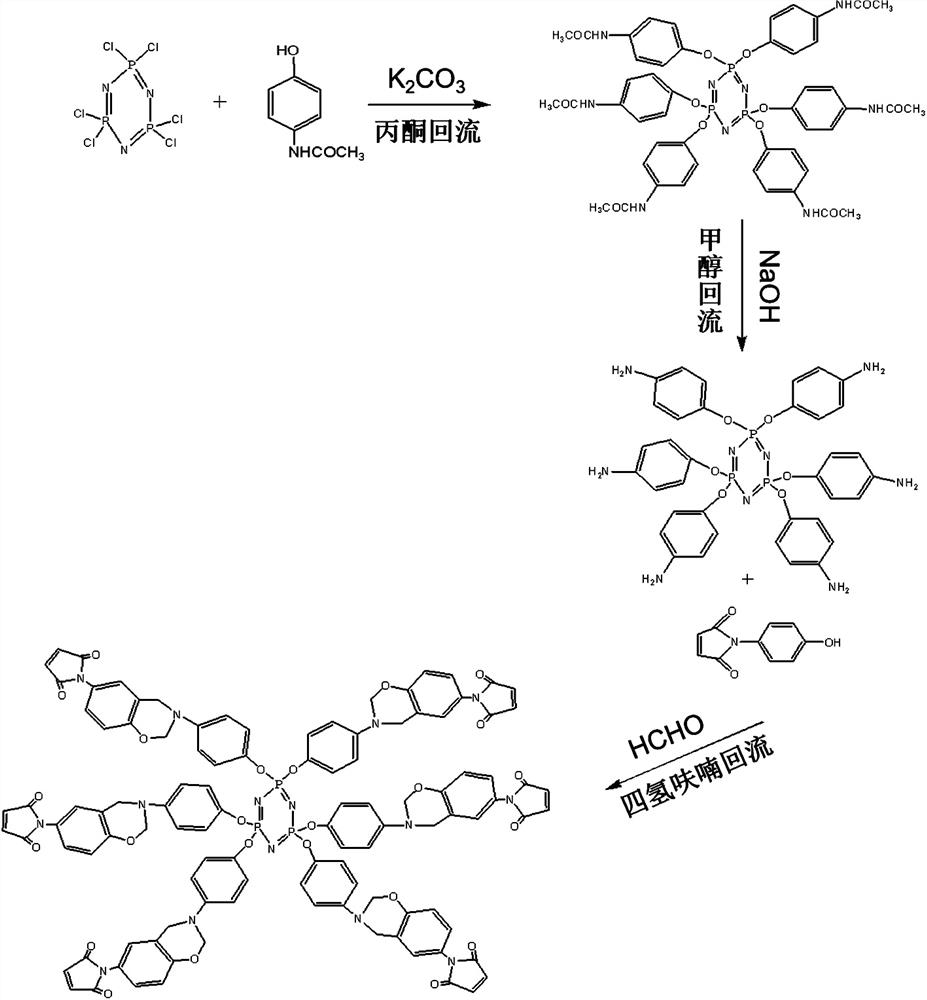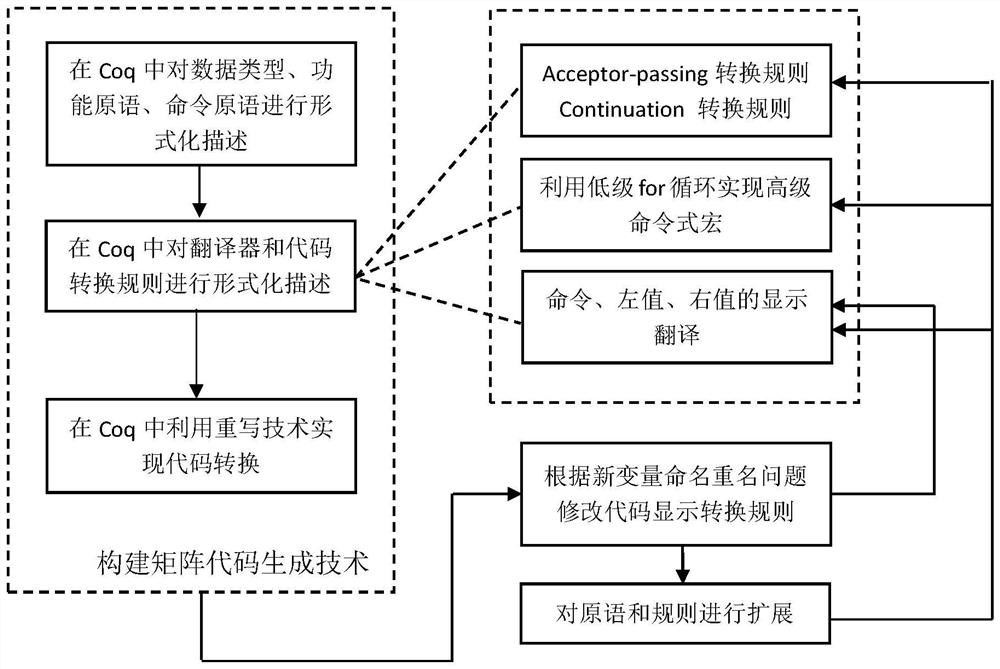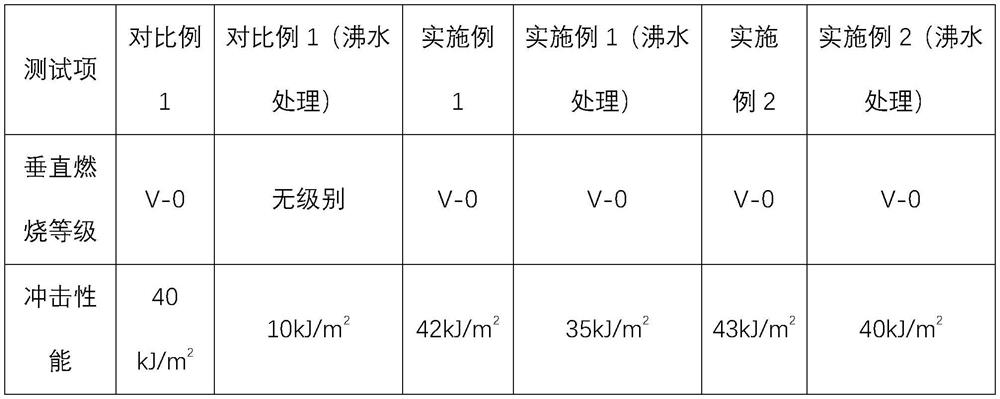Patents
Literature
Hiro is an intelligent assistant for R&D personnel, combined with Patent DNA, to facilitate innovative research.
42results about How to "Generate more" patented technology
Efficacy Topic
Property
Owner
Technical Advancement
Application Domain
Technology Topic
Technology Field Word
Patent Country/Region
Patent Type
Patent Status
Application Year
Inventor
Treatment method of copper-containing industrial wastewater
InactiveCN104086033AGood processing effectReasonable combinationWater contaminantsMultistage water/sewage treatmentIndustrial wastewater treatmentIon
The invention relates to a treatment method of copper-containing industrial wastewater and in particular relates to a treatment method for removing metal ions from copper-containing wastewater by adopting a combined process. In order to overcome the technical defects that the content of copper ions is relatively high and the treatment of other metal ions does not meet the standard in a copper-containing industrial wastewater treatment process in the prior art, the invention provides a treatment method of copper-containing industrial wastewater. The treatment method comprises four reaction steps of iron carbon microelectrolysis, catalytic oxidation, alkalization precipitation and acid-base neutralization. After the treatment, the content of the copper ions is remarkably lower than the national emission standard, and the content of other toxic ions also can meet the national emission standard, so that the treatment method is suitable for popularization and application in the copper-containing wastewater treatment industry.
Owner:福建联鑫环境工程有限公司
Low-grade heavy oil catalytic conversion process for increasing yield of low-carbon olefins and gasoline
ActiveCN103540359AReduce cokingReduced activityTreatment with hydrotreatment processesHigh carbonFuel oil
The invention relates to a low-grade heavy oil catalytic conversion process for increasing the yield of low-carbon olefins and gasoline. The process comprises the following steps: (1) low-grade heavy oil, namely raw oil, enters a first reaction zone (zone I) of a two-section riser, so as to be subjected to catalytic cracking reaction, and generated oil and gas enter a fractionating tower; (2) a top outlet material of the fractionating tower is a mixture of dry gas, liquefied gas and gasoline, a middle-part outlet material of the fractionating tower is diesel oil, a lower-part outlet material of the fractionating tower is catalyzing wax oil, a bottom outlet material of the fractionating tower is oil slurry, the catalyzing wax oil and the diesel oil enter a second reaction zone (zone II) of the two-section riser together, and the oil slurry enters a vacuum distillation tower; (3) a lower-carbon-residue light-distillate material of an upper-part outlet of the vacuum distillation tower and a higher-carbon-residue heavy-distillate material of a middle-part outlet of the vacuum distillation tower enter a hydrogenation device together, and ultrahigh-carbon-residue oil slurry at the bottom of the vacuum distillation tower enters a delayed coking device; (4) a low-carbon-residue easily-cracked material from the hydrogenation device enters the zone I of the riser and is subjected to reaction again. The process has the characteristics that the service life of the catalyst is prolonged, the yield of dry gases and coke is lowered, and meanwhile, the yield of low-carbon olefins and gasoline is increased.
Owner:PETROCHINA CO LTD
C5 and/or C6 alkane isomerization process
A C5 and / or C6 paraffin isomerization method comprises the steps: the C5 and / or the C6 paraffin passes through at least two reactors which are connected in series to be contacted with a catalyst thereof under the isomerization condition to carry out the isomerization reaction; the load of the catalyst of the later reactor is 2 to 6 times of the load of the catalyst of the first reactor in the reactors which are connected in series. The method can improve the product isomerization rate and the liquid yield and prolong the service life of the catalyst by being used in the C5 and / or the C6 paraffin isomerization reaction.
Owner:CHINA PETROLEUM & CHEM CORP +1
Gasification furnace for cooperatively producing methane and light tar
ActiveCN104893761APromotes the depth of pyrolysisGenerate moreGranular/pulverulent flues gasificationTarMethane yield
The invention provides a gasification furnace for cooperatively producing methane and light tar, and belongs to the field of catalytic coal gasification. Under the precondition of guaranteeing the methane yield, the conversion rate and pyrolysis degree of carbon raw material can be improved, and thus the yield of tar, especially light tar, is improved. The gasification furnace comprises a pyrolysis section and a gasification section positioned below the pyrolysis section, wherein the diameter of the pyrolysis section is greater than that of the gasification section; the upper part of the gasification section is embedded in the bottom of the pyrolysis section, and is connected to the inner wall of the pyrolysis section through an inverted cone-shaped pyrolysis section distribution plate; a pyrolysis section air chamber is restricted by the upper part of the gasification section, the inverted cone-shaped pyrolysis section distribution plate and the inner wall of the bottom of the pyrolysis section. The gasification furnace can be used in the gasification technology for cooperatively producing methane and light tar.
Owner:ENN SCI & TECH DEV
Method for high-yield low carbon olefin and system for high-yield low carbon olefin
ActiveCN107779226AGenerate moreImprove conversion rateTreatment with hydrotreatment processesHydrocarbon oils treatment productsWaxNaphtha
The invention relates to the field of residual oil utilization and discloses a method for high-yield low carbon olefin and a system for high-yield low carbon olefin. The method comprises the followingsteps: introducing a residual oil raw material into a fluidized bed hydrocracking reaction zone, performing a hydrocracking reaction, separating a hydrocracking reaction effluent, introducing a wax oil fraction into a first reactor and a second reactor in sequence, carrying out a catalytic cracking reaction, and introducing first light naphtha into a third reactor in a catalytic cracking reactionzone, and performing another catalytic cracking reaction; separating catalytic cracking products obtained from the second reactor and the third reactor in the catalytic cracking reaction zone, respectively circulating circulation oil and second light naphtha into the first reactor and the third reactor in the catalytic cracking reaction zone, and circulating catalytic cracking oil pulp into the fluidized bed hydrocracking reaction zone. With the organic combination of a fluidized bed residual oil hydrogenation process with a catalytic cracking process, the yield of high-value products such aspropylene and ethylene in the combined processes can be remarkably increased.
Owner:CHINA PETROLEUM & CHEM CORP +1
Preparation method of barley syrup Maillard reaction-type tobacco spice
InactiveCN105132165ARich and harmonious fragranceAbundant sources of raw materialsTobacco treatmentEssential-oils/perfumesChemistryFlavor
The invention discloses a preparation method of a barley syrup Maillard reaction-type tobacco spice, wherein the preparation method includes the steps of: 1) diluting the barley syrup in water for later use; 2) performing ultrasonic pretreatment to the diluted barley syrup solution to obtain an ultrasonic treated liquid; 3) adding amino acid accounting for 1-8% of the mass of the ultrasonic treated liquid, mixing the liquid uniformly, regulating the pH value of the initial mixed liquid with an alkali liquid to 8-12, filling a reflux tube with the mixed liquid with temperature controlled to be 100-120 DEG C and performing a Maillard reaction under continuous stirring for 2-5 times, and finally filtering and pressure-reduced concentrating a reaction product to obtain the barley syrup Maillard reaction-type tobacco spice. The tobacco spice is prepared with the barley syrup as a raw material, so that the method is abundant in raw material source and is simple and convenient in operations. The tobacco spice can improve the fragrance of tobacco well and softens and fines tobacco smoke, covers up foreign odors, has a comfortable after taste, and has the effect of improving the quality of tobacco.
Owner:HUBEI CHINA TOBACCO IND +1
Preparation method of organic lake pigment
The invention relates to the technical field of pigment production, and particularly discloses a preparation method of an organic lake pigment. The preparation method comprises the following preparation steps: uniformly mixing sodium tungstate, sodium molybdate, disodium hydrogen phosphate and water at 80-100 DEG C, adding hydrochloric acid, mixing to obtain a heteropolyacid mixed solution, at 85-95 DEG C, adding a water-soluble pigment, hydrochloric acid and a pigment additive into the heteropolyacid mixed solution, uniformly mixing, and standing for 1-2 hours to obtain a lake pigment mixture; carrying out filter pressing on the lake pigment mixture to obtain a filter cake and filtrate, washing the filter cake with water, and recovering to obtain water after washing the filter cake; and uniformly mixing the water after washing the filter cake with the filtrate, filtering, washing the obtained filter residue, mixing with the filter cake, drying, and crushing to obtain the organic lake pigment. The water-soluble pigment comprises at least one of peach essence and rose essence; the weight percentage of the hydrochloric acid is 20-40%; and the preparation method of the organic lake pigment has the advantage of high pigment yield.
Owner:杭州萧山环保化工有限公司
Positive pole lead paste of lead acid battery and paste blending method thereof
InactiveCN105655580AIncrease temperatureGenerate moreLead-acid accumulator electrodesFiberPhysical chemistry
The invention discloses a positive pole lead paste of lead acid battery. The main component of lead paste is lead powder. The auxiliary components of lead paste are diluted sulfuric acid and fibers. For 1000 parts by weight of lead powder, 1.0 to 1.5 parts by weight of fiber is added, and the added diluted sulfuric acid accounts for 8 to 9 vol.% of lead powder. The invention also discloses a method for blending the lead paste. According to the method, water is added for three times during the preparation process, the temperature of lead powder is increased so as to generate more active substances (alpha-PbO2) with a good skeleton in lead paste, during the process of water addition, the oxygen on the water surface is brought into the lead powder, the lead powder is oxidized; after acid is added, the lowest generation time is maintained for a long time, and then the mixing time is prolonged so as to ensure that 4BS is generated as much as possible.
Owner:ANHUI YONGHENG STORAGE BATTERY
C5 and/or C6 alkane isomerization process
A C5 and / or C6 paraffin isomerization method comprises the steps: the C5 and / or the C6 paraffin passes through at least two reactors which are connected in series to be contacted with a catalyst thereof under the isomerization condition to carry out the isomerization reaction; the load of the catalyst of the later reactor is 2 to 6 times of the load of the catalyst of the first reactor in the reactors which are connected in series. The method can improve the product isomerization rate and the liquid yield and prolong the service life of the catalyst by being used in the C5 and / or the C6 paraffin isomerization reaction.
Owner:CHINA PETROLEUM & CHEM CORP +1
Hollow sphere photocatalyst as well as preparation method and application thereof
PendingCN111569904AImprove capture abilityReduce chance of recombinationCatalyst activation/preparationHydrogen productionCobalt oxideManganese oxide
The invention relates to the technical field of photocatalysis, in particular to a hollow sphere photocatalyst as well as a preparation method and application thereof. The hollow sphere photocatalystprovided by the invention comprises a hollow sphere substrate, Pt loaded on the inner surface of the hollow sphere substrate and an oxygen-assisting catalyst loaded on the outer surface of the hollowsphere; the hollow sphere substrate is made of titanium dioxide; and the oxygen-assisting catalyst is cobalt oxide, ruthenium oxide or manganese oxide. According to the record of the embodiment, whenthe hollow sphere photocatalyst provided by the invention is used for photocatalytic decomposition of water, the maximum hydrogen generation amount can reach 225 [mu] mol / h / g.
Owner:LIAONING UNIVERSITY OF PETROLEUM AND CHEMICAL TECHNOLOGY
Double-layer carbon-coated cobalt-based/cobalt-based chalcogenide composite electrode material, and preparation method and application thereof
ActiveCN113793932AImprove performanceSimple stepsMaterial nanotechnologyCell electrodesElectrolytic agentCarbon nanotube
The invention discloses the technical field of lithium batteries, and relates to a double-layer carbon-coated cobalt-based / cobalt-based chalcogenide composite electrode material, and a preparation method and application thereof. Metal cobalt / cobalt-based chalcogenide can be combined with carbon nanotubes and amorphous carbon in situ, and volatile metal zinc generated by pyrolysis of an inorganic-organic hybrid precursor and melamine play a synergistic effect; and complete decomposition of g-C3N4 generated by melamine at a low temperature is effectively inhibited through volatilization of metal zinc, so that more amorphous carbon is generated on the surface of the cobalt-based composite material. The conductivity is improved, the direct contact between the active material and the electrolyte is prevented, and the volume expansion in the charge-discharge process is effectively relieved to maintain the structural integrity, so that the electrochemical performance and the cycling stability of CoSe2 are improved.
Owner:CHANGSHA UNIVERSITY OF SCIENCE AND TECHNOLOGY
Composite electrode material, as well as preparation method and application thereof
InactiveCN110760880ALarge specific surface areaShort diffusion lengthMaterial nanotechnologyElectrolytic inorganic material coatingComposite materialLight conversion efficiency
The invention relates to a composite electrode material, as well as a preparation method and application thereof, and belongs to the technical field of energy conversion and storage materials. The composite electrode material provided by the invention is a ZnO / CdS / BiOI nanorod array with a three-dimensional (3D) crosslinking heterostructure, and the ZnO / CdS / BiOI nanorod array with the 3D crosslinking heterostructure is formed by perpendicularly and uniformly arranged one-dimensional ZnO / CdS nanorod array and BiOI nanosheets; and the ZnO / CdS nanorod array is formed by uniformly dispersing CdS on the surface of a ZnO nanorod array. According to the composite electrode material provided by the invention, under visible light irradiation (lambda is larger than 420nm), an NRAs photoanode of ZnO / CdS / BiOI shows excellent PEC activity, 9.12 mA*cm<-2> of photocurrent density is produced under 1.1V vs. RHE, and 3.49 percent of high light conversion efficiency and long-term stability over 6000 seconds are realized; and the composite electrode material provided by the invention is low in raw material cost, the preparation method is simple and effective, the synthesis process is green and controllable, the mass production of the material is facilitated, and the composite electrode material has a considerable practical application prospect.
Owner:GUANGZHOU UNIVERSITY
Photosensitive detector based on transverse depletion of composite dielectric gate and method thereof
ActiveCN111540758ALow working voltageEasy to implementFinal product manufactureSolid-state devicesCapacitanceQuantum efficiency
The invention discloses a photosensitive detector based on the transverse depletion of a composite dielectric gate and a method thereof. A unit of the detector comprises a composite dielectric gate MOS capacitor and a composite dielectric gate transistor which are formed above the same P-type semiconductor substrate, wherein the composite dielectric gate transistor comprises a source-drain region,a first bottom insulating dielectric layer, a first floating gate, a first top insulating dielectric layer and a first control gate; the composite dielectric gate MOS capacitor is sequentially provided with a second bottom insulating dielectric layer, a second floating gate, a second top insulating dielectric layer and a second control gate on the substrate, and the first floating gate is connected with the second floating gate; an N or N-type photosensitive region is arranged in a substrate of the composite dielectric gate MOS capacitor; and a P or P+ type isolation region is arranged aroundthe photosensitive region and is used for separating the composite dielectric gate transistor from the composite dielectric gate MOS capacitor. The quantum efficiency of the detector can be improved,the wavelength range of light response is expanded, and the noise caused by recombination generated by the surface energy level is reduced.
Owner:NANJING UNIV
IPv6 address discovery method and device based on gated convolutional variational auto-encoder
InactiveCN111885213AImprove the effect of the modelHigh sensitivityNatural language data processingNeural architecturesActive targetUnsupervised clustering
The invention relates to an IPv6 address discovery method and device based on a gated convolution variational auto-encoder. The method comprises the following steps: constructing a variation auto-encoder by utilizing a gated convolution layer to obtain a gated convolution variation auto-encoder; training a gating convolution variation auto-encoder, learning distribution of input addresses throughthe encoder in the training process, then sampling latent vectors and reconstructing new address representation through a decoder; The method comprises the steps: using a trained decoder as a generator to generate the predicted active IPv6 addresses in batches; constructing a variational auto-encoder by using the gated convolutional network, so that the potential relationship between address bitscan be discovered while attention is paid to an address importance mark. The invention provides two address classification methods, namely a manual classification method and an unsupervised clusteringmethod, so that the model effect can be effectively improved; compared with the prior art, more active targets can be generated under the limited data set.
Owner:INST OF INFORMATION ENG CAS
High-conductivity high-thermal-conductivity pouring sealant and preparation method thereof
InactiveCN112680181APromote generationGenerate moreNon-macromolecular adhesive additivesElectrically-conducting adhesivesPolymer sciencePtru catalyst
The invention discloses a high-conductivity high-thermal-conductivity pouring sealant and a preparation method thereof. The pouring sealant comprises the following components in parts by weight: 30 parts of vinyl silicone oil, 20-40 parts of hydrogen-containing silicone oil, 10-30 parts of vinyl MQ silicone resin, 20-50 parts of organosilicon polymer / silver modified zinc oxide, 1-3 parts of platinum catalyst and 0.5-1 part of an inhibitor. The preparation method of the pouring sealant comprises the following steps: (1) adding the vinyl silicone oil, the vinyl MQ silicon resin and the organosilicon polymer / silver modified zinc oxide into a kneading machine, kneading for 2-5 hours in the kneading machine at 80-120 DEG C, and performing uniform mixing; (2) adding hydrogen-containing silicone oil and an inhibitor, kneading for 2-5 hours in a kneading machine at the temperature of 80-100 DEG C, and performing uniform mixing; (3) adding a platinum catalyst, kneading in a kneading machine at 60-90 DEG C for 1-3 hours, performing uniform mixing, and discharging bubbles in vacuum to obtain the organic silicon pouring sealant. The pouring sealant provided by the invention has high thermal conductivity and high electrical conductivity.
Owner:晟大科技(南通)有限公司
Concrete reinforcing steel bar corrosion prevention system based on microcapsule technology
ActiveCN113800828ABlock direct contactPrevent penetrationAnti-corrosive paintsEpoxy resin coatingsReinforced concreteCrazing
The invention discloses a concrete reinforcing steel bar anticorrosion system based on a microcapsule technology. The system comprises a concrete material and an epoxy resin coating reinforcing steel bar, wherein the concrete material is poured near the epoxy resin coating reinforcing steel bar, an epoxy resin curing agent is sprayed on the outer surface of the epoxy resin coating reinforcing steel bar, and a water-absorbing microcapsule with an epoxy resin as a core material is added into the concrete material. According to the invention, when a concrete matrix is cracked, water carrying harmful ions (Cl<-> and SO4<2->) continuously permeates along the crack propagation direction, the wall of a preset microcapsule near a reinforcing steel bar is broken due to the stress at the tip of the crack, and an epoxy resin flows out and meets a curing agent coated on the surface of the reinforcing steel bar, so that the surface of the reinforcing steel bar is cured and coagulated so as to prevent the direct contact between the epoxy coating steel bar and water and harmful ions, tand he wall of the microcapsule absorbs water and expands so as to block further permeation of water and harmful ions and protect the reinforcing steel bar from being rusted; and due to the use of the water-absorbing microcapsules, the binding power between the epoxy resin coated steel bar and concrete mortar is also improved.
Owner:山东省冶金产品质量监督检验站有限公司
Gasification method for coproducing methane and light-weight tar
ActiveCN104877711APromote generationGenerate moreGaseous fuelsLiquid hydrocarbon mixture productionHigh concentrationTar
The invention provides a gasification method for coproducing methane and light-weight tar, belonging to the field of coal catalytic gasification. The method can effectively enhance the yield of coal tar and especially the yield of light-weight tar while generating high-concentration methane. The gasification method comprises the following step: a carbon raw material sequentially passes through a pyrolysis section in the gasification furnace to perform cracking reaction and passes through a gasification section to perform gasification reaction, thereby forming the methane synthetic gas, wherein methane-containing gas is introduced into the pyrolysis section, and the methane in the methane-containing gas is cracked to promote the generation of the light-weight tar. The method can be used in a gasification technique for coproducing methane and light-weight tar.
Owner:ENN SCI & TECH DEV
Method for preparing red jujube spice by high-static pressure assisted Maillard reaction
InactiveCN108102783ARich in aroma substancesGenerate moreEssential-oils/perfumesFlavorMaillard reaction
The invention discloses a method for preparing red jujube spice by high-static pressure assisted Maillard reaction. The red jujube spice with more aroma substances and a better flavoring effect is prepared by realizing the Maillard reaction at a lower temperature by utilizing a high-static pressure technology after red jujube pulp with skin is roughly extracted. The method disclosed by the invention has the benefits that the red jujube spice is prepared by the high-static pressure assisted Maillard reaction, has outstanding cigarette flavoring and miscellaneous functions, is comfortable and clean in mouth feeling, has a better quality improving effect after being added in a cigarette and has the characteristics of good stability and outstanding corrosion resistance.
Owner:CHINA TOBACCO ANHUI IND CO LTD
Long-acting slump prevention agent and preparation method thereof
The invention provides a preparation method of a long-acting slump prevention agent. The preparation method is characterized by comprising the following steps: adding water and diethyl ether into a reaction kettle, heating and stirring the water and the diethyl ether to dissolve the diethyl ether, feeding nitrogen, then adding sodium methallyl sulfonate and ammonium persulfate in sequence, and stirring the components; dropwise adding a material A and a material B; after the dropwise adding is completed, cooling the mixture to 50+ / -20 DEG C, adding 30 percent of liquid alkali for neutralization, controlling a PH value between 6 and 7, continuously stirring the components for 15 minutes, then supplementing water, and shutting off nitrogen discharging. The slump prevention agent obtained by adopting the method is added into concrete, so that the slump prevention time is prolonged, and the intensity of the concrete is effectively enhanced.
Owner:宜宾市杰特曼建材有限公司
Preparation method of rose and grain nourishing face-beautifying drink
InactiveCN110367539AStop snatchingStay flexibleNatural extract food ingredientsFood ultrasonic treatmentPetalSugar
The invention relates to a preparation method of a rose and grain nourishing face-beautifying drink and belongs to the technical field of food processing. The drink is mainly prepared from 5-10 partsof rose flower petal, 20-30 parts of black rice, 5-10 parts of coix seed and 1-8 parts of ginger juice brown sugar. The rose and grain drink capable of beautifying and nourishing face, tonifying qi and kidney and dispelling cold and dampness is prepared by reasonably proportioning raw materials, so that eating routes of the black rice and rose are increased while economic values of the same are increased. The drink has better efficacy of cancer resisting and disease improving and has certain body healthcare efficacy by eating the drink.
Owner:DALIAN NATIONALITIES UNIVERSITY
A Catalytic Conversion Process for Inferior Heavy Oil with High Yield of Low-carbon Olefins and Gasoline
ActiveCN103540359BReduce cokingReduced activityTreatment with hydrotreatment processesHigh carbonSlurry
The invention relates to a low-grade heavy oil catalytic conversion process for increasing the yield of low-carbon olefins and gasoline. The process comprises the following steps: (1) low-grade heavy oil, namely raw oil, enters a first reaction zone (zone I) of a two-section riser, so as to be subjected to catalytic cracking reaction, and generated oil and gas enter a fractionating tower; (2) a top outlet material of the fractionating tower is a mixture of dry gas, liquefied gas and gasoline, a middle-part outlet material of the fractionating tower is diesel oil, a lower-part outlet material of the fractionating tower is catalyzing wax oil, a bottom outlet material of the fractionating tower is oil slurry, the catalyzing wax oil and the diesel oil enter a second reaction zone (zone II) of the two-section riser together, and the oil slurry enters a vacuum distillation tower; (3) a lower-carbon-residue light-distillate material of an upper-part outlet of the vacuum distillation tower and a higher-carbon-residue heavy-distillate material of a middle-part outlet of the vacuum distillation tower enter a hydrogenation device together, and ultrahigh-carbon-residue oil slurry at the bottom of the vacuum distillation tower enters a delayed coking device; (4) a low-carbon-residue easily-cracked material from the hydrogenation device enters the zone I of the riser and is subjected to reaction again. The process has the characteristics that the service life of the catalyst is prolonged, the yield of dry gases and coke is lowered, and meanwhile, the yield of low-carbon olefins and gasoline is increased.
Owner:PETROCHINA CO LTD
A gasifier for co-production of methane and light tar
ActiveCN104893761BPromotes the depth of pyrolysisGenerate moreGranular/pulverulent flues gasificationMethane yieldEngineering
The invention provides a gasifier for the co-production of methane and light tar, belonging to the field of coal catalytic gasification, capable of increasing the conversion rate and pyrolysis degree of carbonaceous raw materials on the premise of ensuring the methane output, thereby increasing the tar output , especially the production of light tar. The gasification furnace includes a pyrolysis section and a gasification section located below the pyrolysis section, the diameter of the pyrolysis section is larger than the diameter of the gasification section, and the upper part of the gasification section is nested in the The bottom of the pyrolysis section is connected to the inner wall of the pyrolysis section through an inverted conical pyrolysis section distribution plate, the upper part of the gasification section, the inverted conical pyrolysis section distribution plate and the pyrolysis section The inner wall of the bottom defines the gas chamber of the pyrolysis section. The invention can be used in the gasification process of co-producing methane and light tar.
Owner:ENN SCI & TECH DEV
A gasification method for co-production of methane and light tar
ActiveCN104877711BPromote generationGenerate moreGaseous fuelsLiquid hydrocarbon mixture productionHigh concentrationDecomposition
The invention provides a gasification method for co-producing methane and light tar, which belongs to the field of coal catalytic gasification and can effectively increase the output of coal tar, especially the output of light tar while generating high-concentration methane. The gasification method includes: the carbonaceous raw material is sequentially passed through the pyrolysis section in the gasification furnace for cracking reaction and the gasification section for gasification reaction to form methane synthesis gas; wherein, the methane-containing gas is introduced into the pyrolysis section , the cracking of methane in the methane-containing gas promotes the generation of light tar. The invention can be used in the gasification process of co-producing methane and light tar.
Owner:ENN SCI & TECH DEV
Environment-friendly modified benzoxazine resin and preparation method thereof
The invention relates to the technical field of resin, in particular to environment-friendly modified benzoxazine resin and a preparation method thereof. The preparation method includes the steps that a solvent, phosphonitrilic chloride trimer, acetaminophenol and a catalyst are added, stirred, dissolved and heated to react to obtain a first solid intermediate product, the first solid intermediate product is added into the solvent, a catalyst is added, and a heating reaction is performed, a second solid intermediate product is obtained, the second solid intermediate product is added into the solvent, formaldehyde and 4-maleimidophenol are added, and the heating reaction is performed to obtain the environment-friendly modified benzoxazine resin. The invention further provides the environment-friendly modified benzoxazine resin. The environment-friendly modified benzoxazine resin is prepared from phosphonitrilic chloride trimer, acetaminophenol, 4-maleimido phenol, formaldehyde, the catalyst and the solvent. The obtained modified benzoxazine resin is regular in structure and low in molecular activity, and the cured resin is high in heat resistance, high in residual carbon rate, excellent in mechanical property and good in flame retardant effect.
Owner:北京玻钢院复合材料有限公司
Formal description method of matrix code generation technology based on Coq
PendingCN114154114ARealize generationGenerate moreComplex mathematical operationsCreation/generation of source codeCode generationTheoretical computer science
The invention discloses a formalized description method of a matrix code generation technology based on Coq, which is used for carrying out formalized description on the matrix code generation technology in a Coq theorem prover according to a DPIA principle, and perfecting and expanding the matrix code generation technology, and specifically comprises the following steps: carrying out formalized description on a data type, a function primitive and a command primitive; performing formalized description on the translator and the code conversion rule; realizing code conversion by utilizing a rewriting technology; defining a new variable name automatic generation rule, and solving the problem of variable name repetition; the primitives and rules are extended to achieve transcoding of more matrix operations. According to the method, a formalization technology is applied to a matrix code generation technology, the matrix code generation technology from a functional matrix code with an execution strategy to a parallel matrix C code is realized in a Coq theorem prover, and the problem of new variable naming repetition is solved.
Owner:NANJING UNIV OF AERONAUTICS & ASTRONAUTICS
Damp-heat-resistant PC/ABS flame-retardant composite material and preparation method thereof
The invention belongs to the technical field of high polymer materials, and discloses a damp-heat-resistant PC / ABS flame-retardant composite material and a preparation method thereof. The damp-heat-resistant PC / ABS flame-retardant composite material comprises the following components in parts by weight: PC resin, ABS resin, a silane coupling agent, a phosphorus-based flame retardant, an auxiliaryflame retardant and a damp-heat-resistant stabilizer, the phosphorus-based flame retardant is bisphenol A-bis(diphenyl phosphate), and the auxiliary flame retardant is a sulfur-nitrogen-silicon flameretardant. According to the invention, a P-S-N-Si-based efficient composite flame retardant is adopted, commercial BDP is selected as a phosphorus-based flame retardant, but BDP is not resistant to damp and heat, and a large amount of BDP can reduce the mechanical properties of PC / ABS and the like, so S, N and Si flame retardant elements are additionally introduced to improve the flame retardant efficiency of the flame retardant; and by adding hydrolysis-resistant KH-550-melamine benzene sulfonate as an S-N-Si flame retardant, the flame retardant effect is improved, the addition amount of thecomposite flame retardant is reduced, the cost can be reduced, and the possibility of migration of the flame retardant can also be reduced.
Owner:横店集团得邦工程塑料有限公司
Red yeast rice wine brewing process
The invention discloses a red koji wine brewing process, and belongs to the field of wine brewing. The red koji wine brewing process comprises the steps of sticky rice soaking and cooking; spreading and cooling; water spraying and yeast stirring, wherein still standing is carried out after full and even stirring, and intermittent stirring is carried out; potting and spawn running, wherein glutinous rice is placed in square edible-grade plastic pots, and 4 jin to 5 jin of glutinous rice is placed in each pot for constant-temperature spawn running; jar flushing fermentation, wherein vinasse and wine are placed in glass jars with the volume of 12 L to 18 L, only one pot of vinasse and wine is placed in each glass jar, and sealing is carried out for constant-temperature fermentation; filtering separation, wherein after the vinasse naturally sinks, filtering and squeezing are carried out, and the wine is taken; wine bottling, storing and the like. According to the scheme, no additive is added, the problem that the brewed red koji wine becomes yellow, and is adiaphanous, and bitter, astringent and sour in taste is avoided from the process, the red koji wine brewed through the process is mellow and sweet in taste, and each link of the process is strictly controlled, so that the made red koji wine is free of living contaminants and brilliantly red and transparent in color and luster.
Owner:贵州亿悦中医药科技有限公司
A kind of environment-friendly modified benzoxazine resin and preparation method thereof
The invention relates to the technical field of resins, in particular to an environment-friendly modified benzoxazine resin and a preparation method thereof. The first benzoxazine resin is obtained by adding a solvent, hexachlorocyclotriphosphazene, acetaminophenol and a catalyst, stirring and dissolving, and heating the reaction. Solid intermediate product, add the first solid intermediate product in the solvent, add catalyst, heat reaction, obtain the second solid intermediate product, then add the second solid intermediate product in the solvent, add formaldehyde and 4-maleimidophenol , heating reaction, obtains environment-friendly modified benzoxazine resin; The present invention also provides a kind of environment-friendly modified benzoxazine resin, comprising: hexachlorocyclotriphosphazene, paracetamol, 4-maleic acid Imide phenol and formaldehyde, catalyst, solvent; the obtained modified benzoxazine resin has regular structure, low molecular activity, strong heat resistance after curing, high carbon residue rate, excellent mechanical properties, and good flame retardant effect .
Owner:北京玻钢院复合材料有限公司
Photooxidation based organic waste gas treatment method
InactiveCN108421406AAvoid generatingGenerate moreDispersed particle separationAir quality improvementHigh concentrationNano catalyst
The invention discloses a photooxidation based organic waste gas treatment method. The photooxidation based organic waste gas treatment method includes: step 1, using a concentration detection systemto detect the concentration data value of waste gas, and sending waste gas with a low concentration data value into a photooxidation device for treatment through an a valve channel by a control module; sending waste gas with a high concentration data value into a low-temperature thermal oxidation device for pretreatment through a b valve, and transferring the pretreated waste gas with a high concentration data value into photooxidation equipment; step 2, conducting cutting, chain scission, burning, and cracking of waste gas molecular chain on the waste gas through a nano-photocatalytic module,employing an ultraviolet mercury lamp for irradiation, and releasing a nano-catalyst for catalytic oxidation of the waste gas; step 3, sending the waste gas into an inert catalytic module, releasingan inert catalyst, and irradiating the waste gas with an ultraviolet mercury lamp to decompose the waste gas into a low molecular compound; and step 4, subjecting the low molecular compound to microbial degradation so as to obtain clean gas.
Owner:安徽科耀环保科技有限公司
Catalyst for preparing butadiene from acetylene, preparation method and use thereof
ActiveCN108187758BShort process routeHigh selectivityOrganic-compounds/hydrides/coordination-complexes catalystsHydrocarbon by hydrogenationButadiene DioxidePtru catalyst
The invention provides a catalyst for preparing butadiene from acetylene. The catalyst includes an organic solvent, an organic ionic liquid, a nitrogen-containing hydrochloride, an active component and a cocatalyst, wherein the organic ionic liquid is an organic solvent containing vinyl groups in its structure. ionic liquids. The invention also provides a method for preparing butadiene using the catalyst. By using the above-mentioned catalyst and the method for preparing butadiene of the present invention, the reaction between acetylene and hydrogen can be realized to directly generate butadiene, thereby reducing the process route. The product butadiene is effectively obtained with a simple process, high efficiency, less time consumption, low cost, high catalyst activity, and high selectivity of the target product butadiene.
Owner:BEIJING HUAFU ENG
Features
- R&D
- Intellectual Property
- Life Sciences
- Materials
- Tech Scout
Why Patsnap Eureka
- Unparalleled Data Quality
- Higher Quality Content
- 60% Fewer Hallucinations
Social media
Patsnap Eureka Blog
Learn More Browse by: Latest US Patents, China's latest patents, Technical Efficacy Thesaurus, Application Domain, Technology Topic, Popular Technical Reports.
© 2025 PatSnap. All rights reserved.Legal|Privacy policy|Modern Slavery Act Transparency Statement|Sitemap|About US| Contact US: help@patsnap.com
